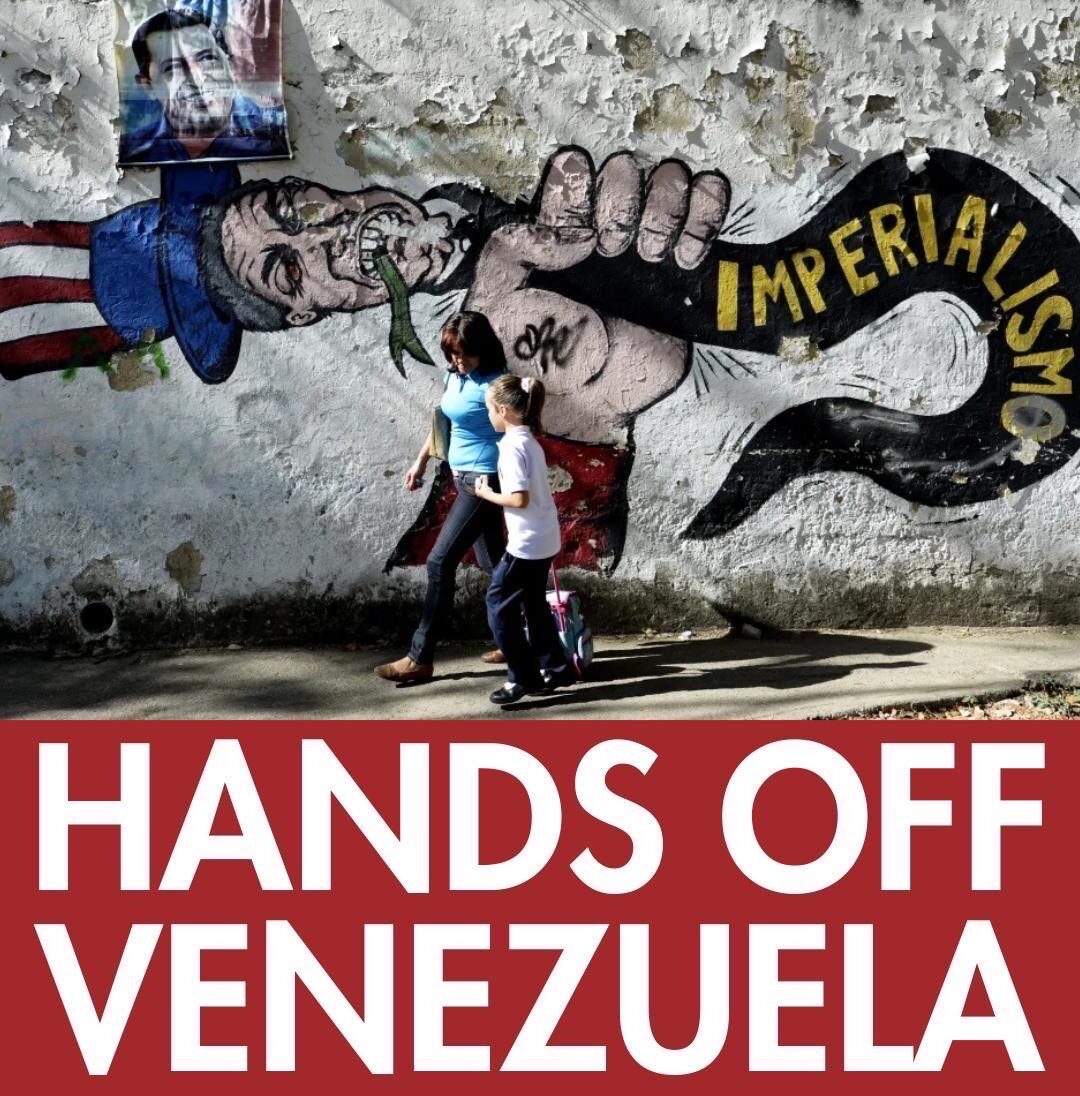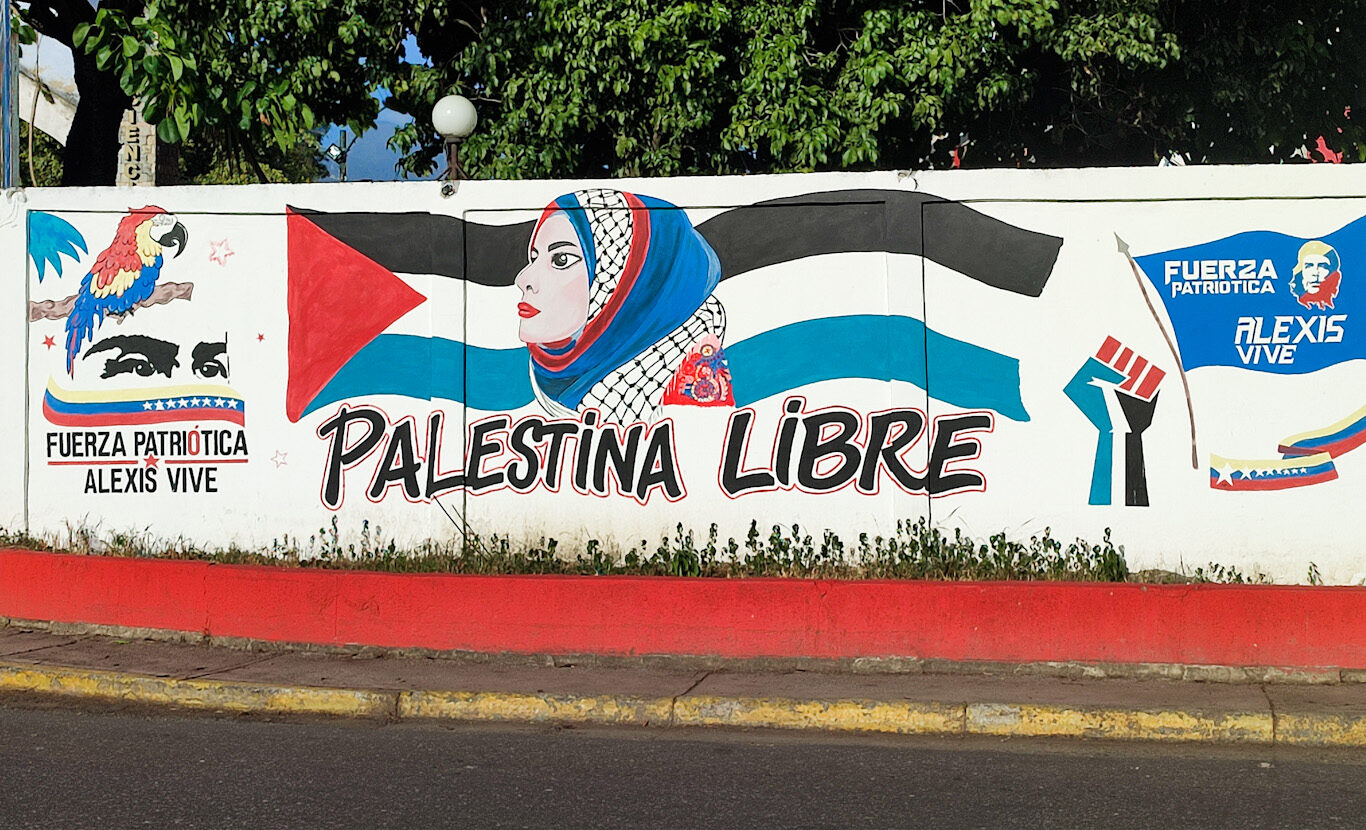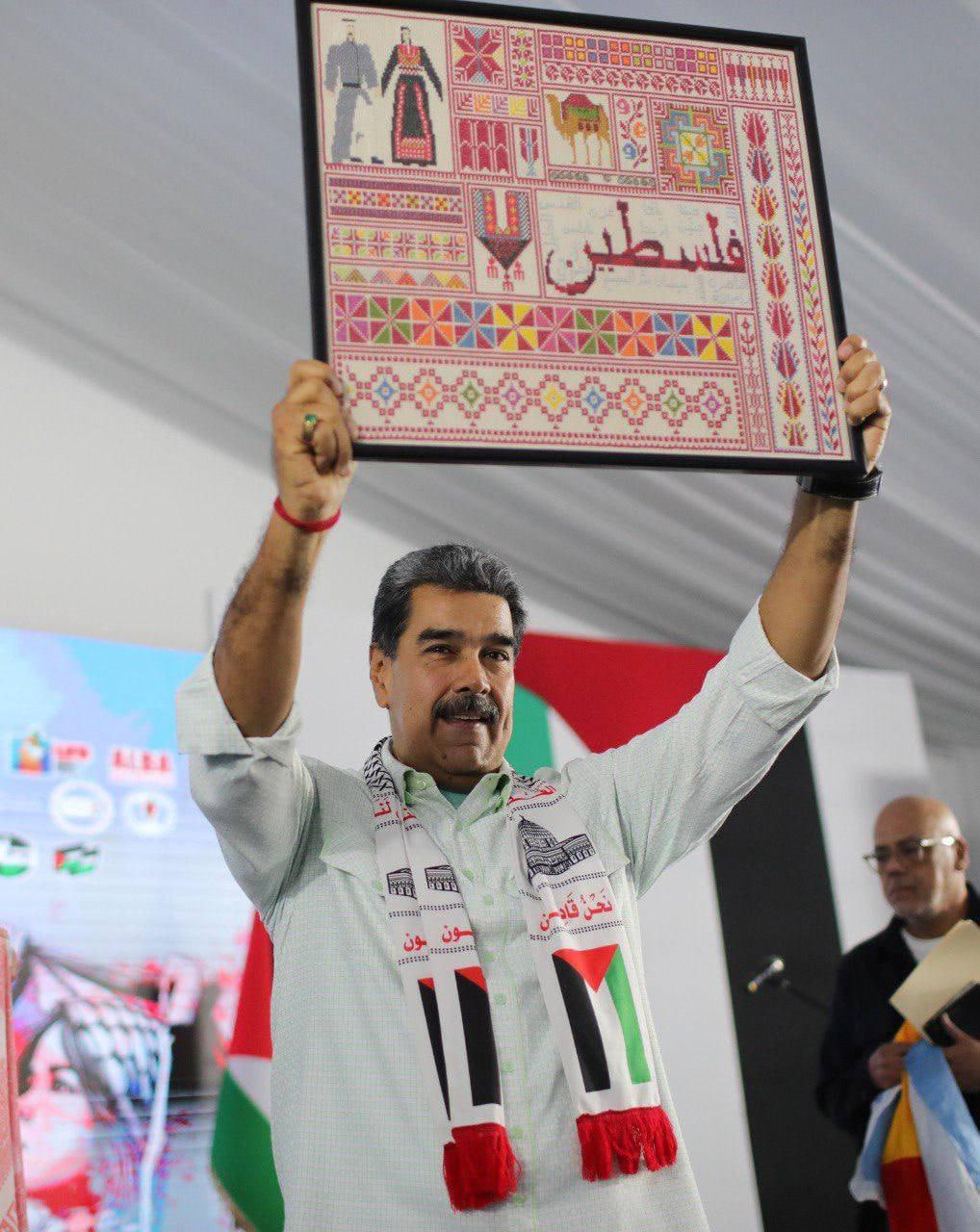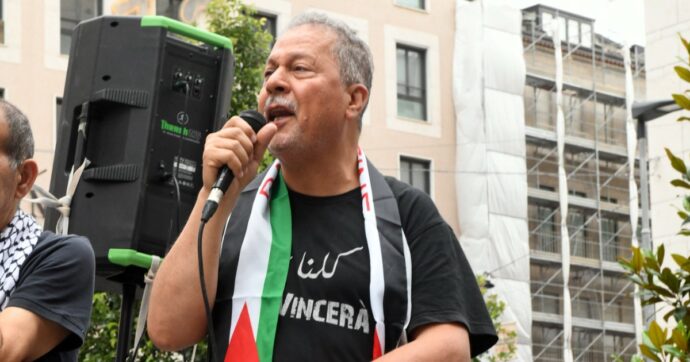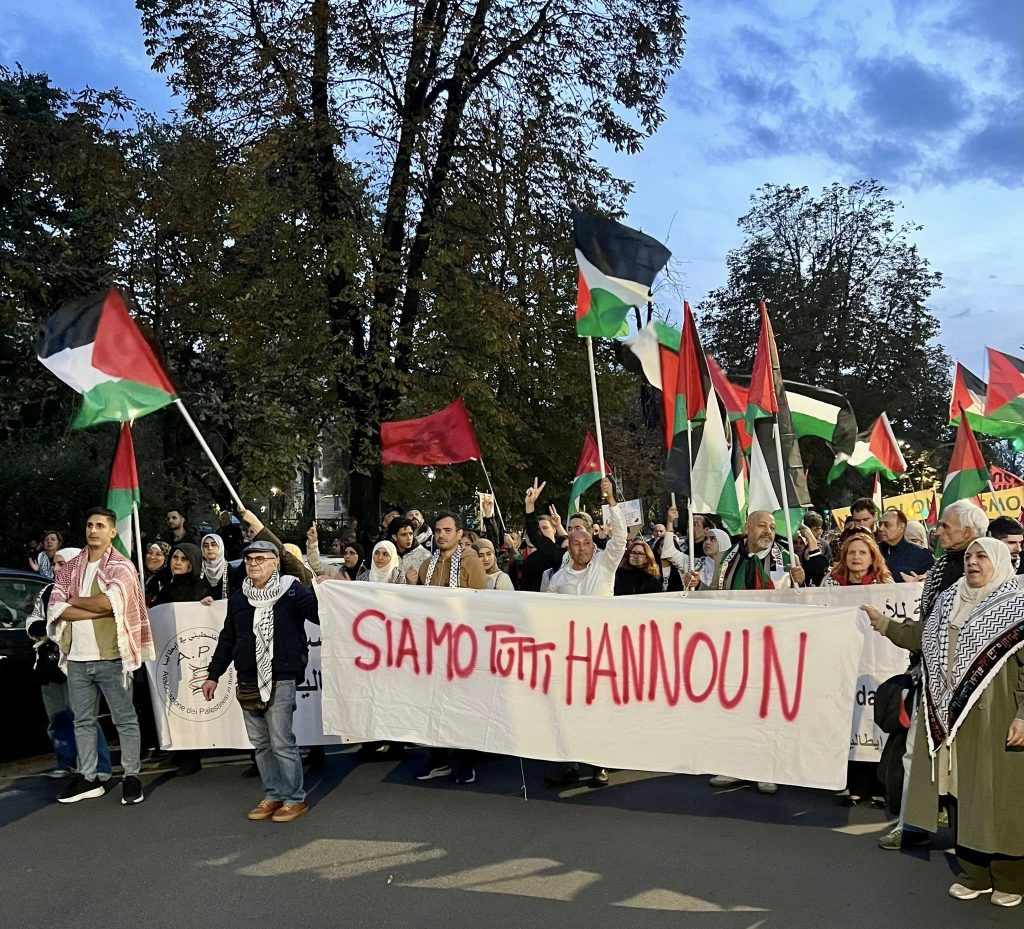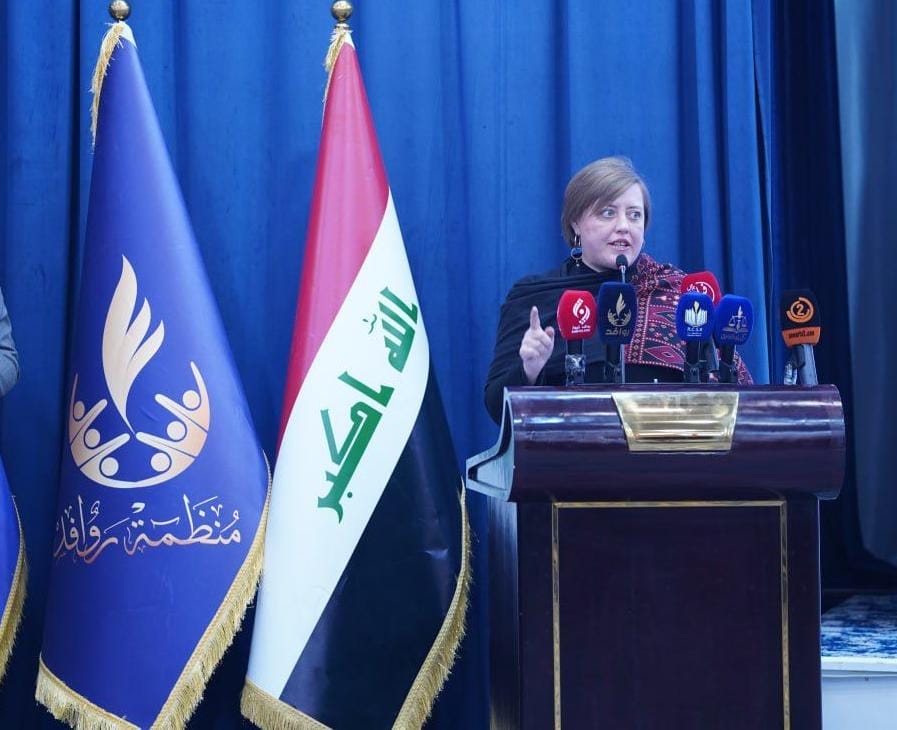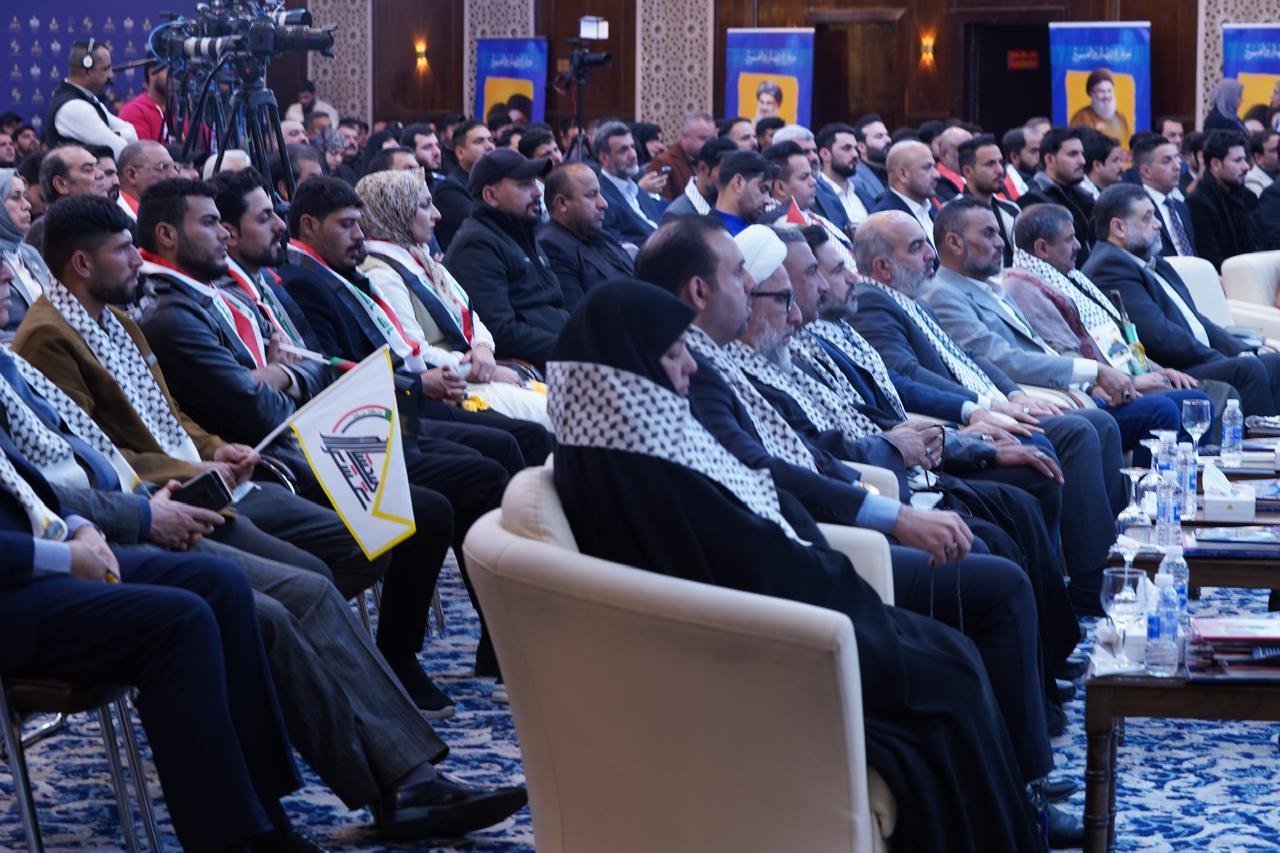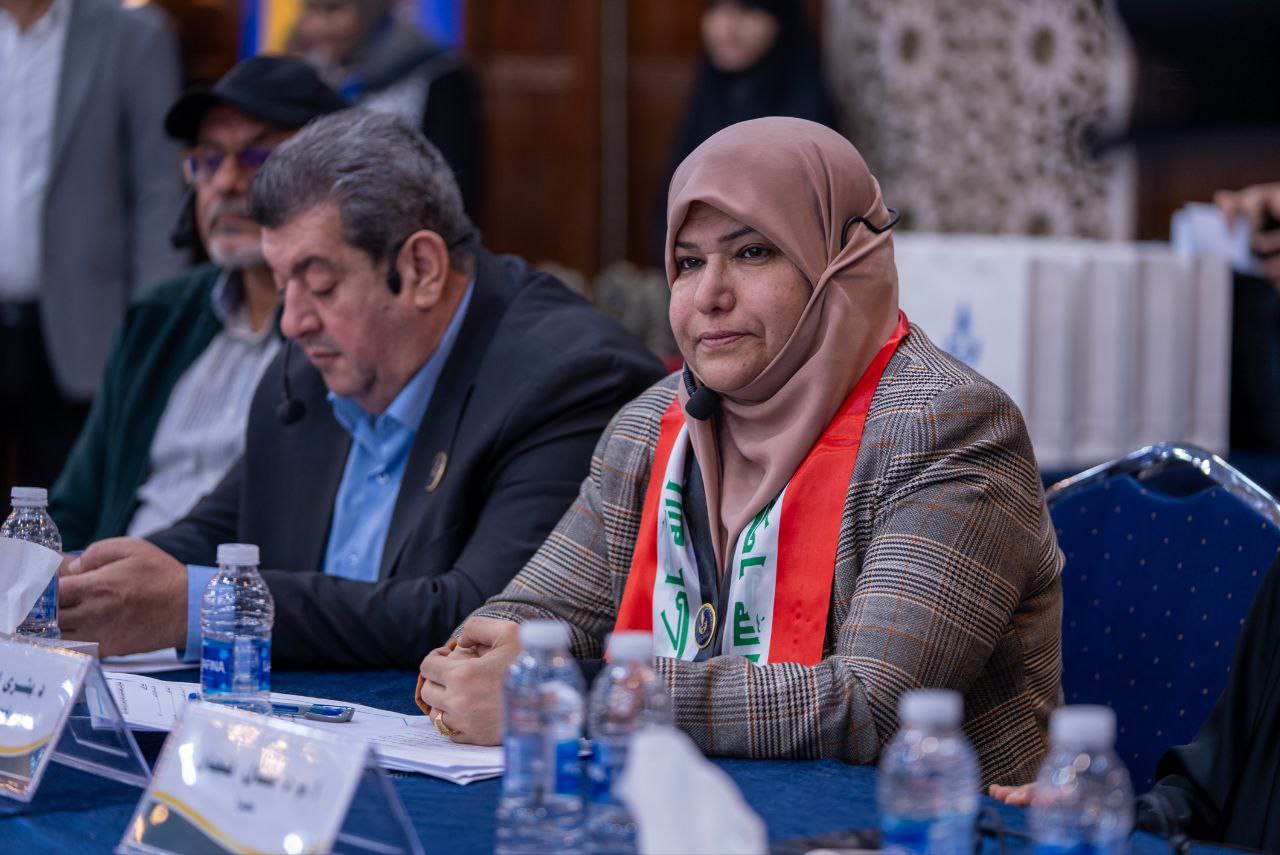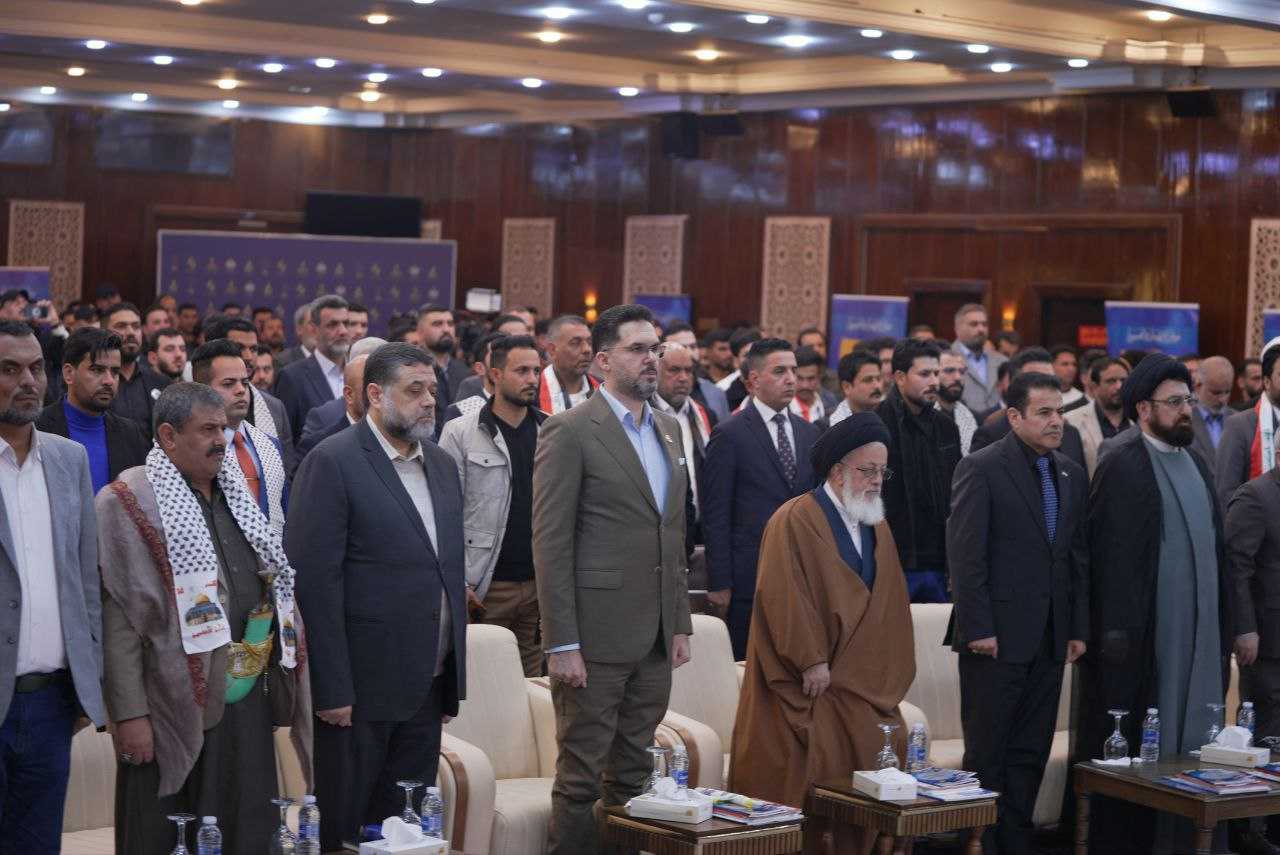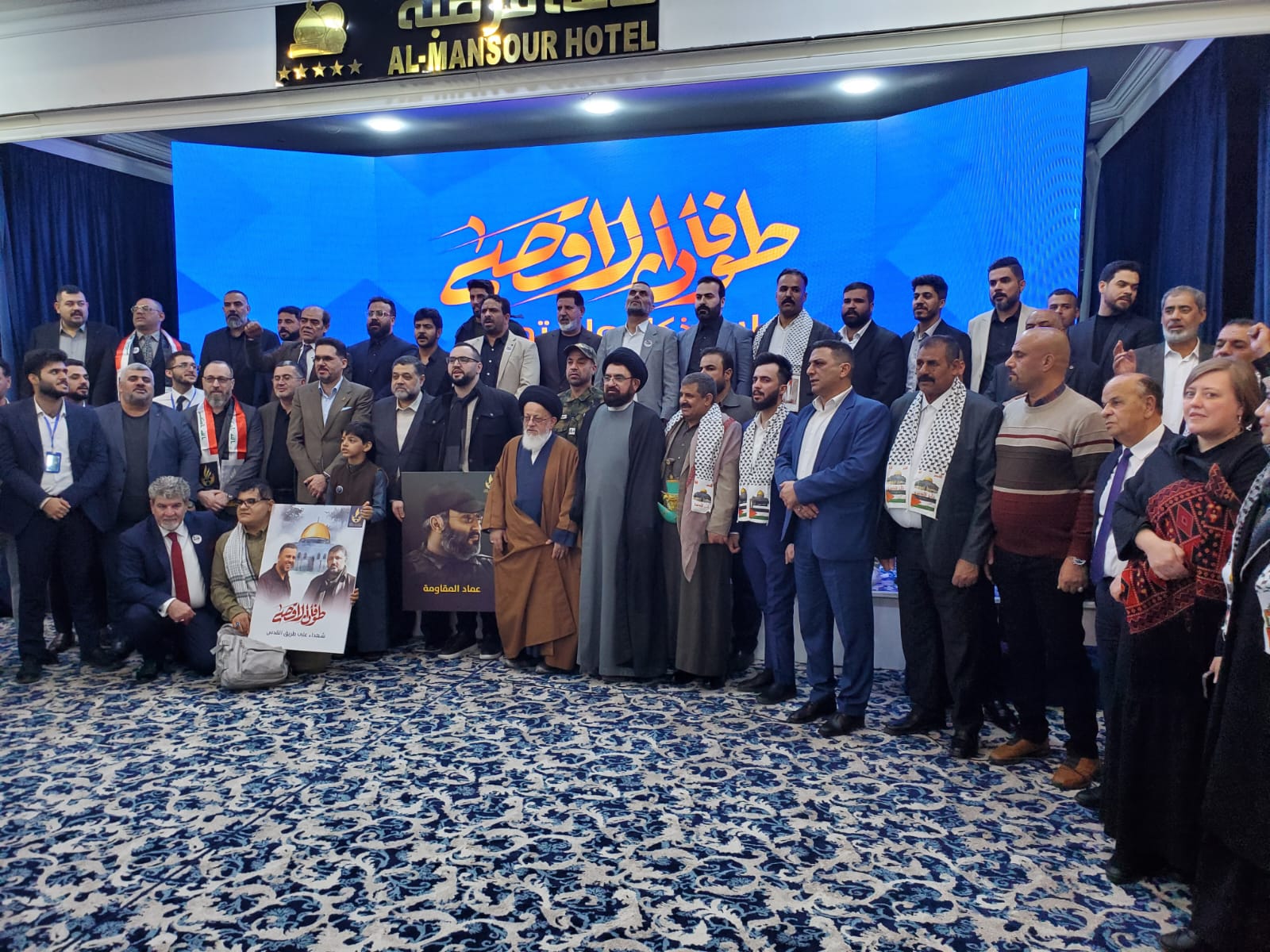
Friday, 16 January marks an important day for several Palestinian political prisoners in Italy, with a sentencing hearing in the case of Anan Yaeesh, Ali Irar and Mansour Doghmosh in L’Aquila, simultaneous with a hearing on the detention of Mohammad Hannoun, Ra’ed Dawoud, Yasser Elasaly, Raed Al-Salahat, Reyad Albustanji, Khalil Abu Deiah and Adel Abu Rawwa — the Palestinian 7 — in Genoa. Along with the Italian government’s expression of political support for the Zionist occupation and its genocide of the Palestinian people, especially in Gaza, the Italian state has dramatically escalated its criminalization of Palestinians and the Palestine solidarity movement.
The case of Anan Yaeesh — who has remained imprisoned since his arrest in January 2024, after the “Israeli” occupation requested his extradition to occupied Palestine, accused of participating in the Rapid Response Groups of the Al-Aqsa Martyrs’ Brigades (the armed wing of the Fateh movement, that participates in the Resistance) in Tulkarem — and Ali Irar and Mansour Doghmosh, is paradigmatic. Resistance to occupation, even in the very clearly internationally recognized occupied lands of the West Bank, is labeled as “terrorism,” despite the fact that armed resistance to foreign occupation and colonization is a right under international law. The persecution of Anan, Ali, and Mansour is a direct attack on Palestinian resistance — and on the right itself to resist and seek liberation from colonialism and occupation.
On 16 January, their sentencing is scheduled; prosecutors have demanded 12 years in prison for Anan Yaeesh, nine for Ali Irar, and seven for Mansour Doghmosh. These Palestinians have seen a growing support movement for their freedom in Italy, alongside the movement for the liberation of Palestine and an end to the genocide in Gaza — at the same time that the state has escalated its repression. Protests are being organized in at least the following cities:
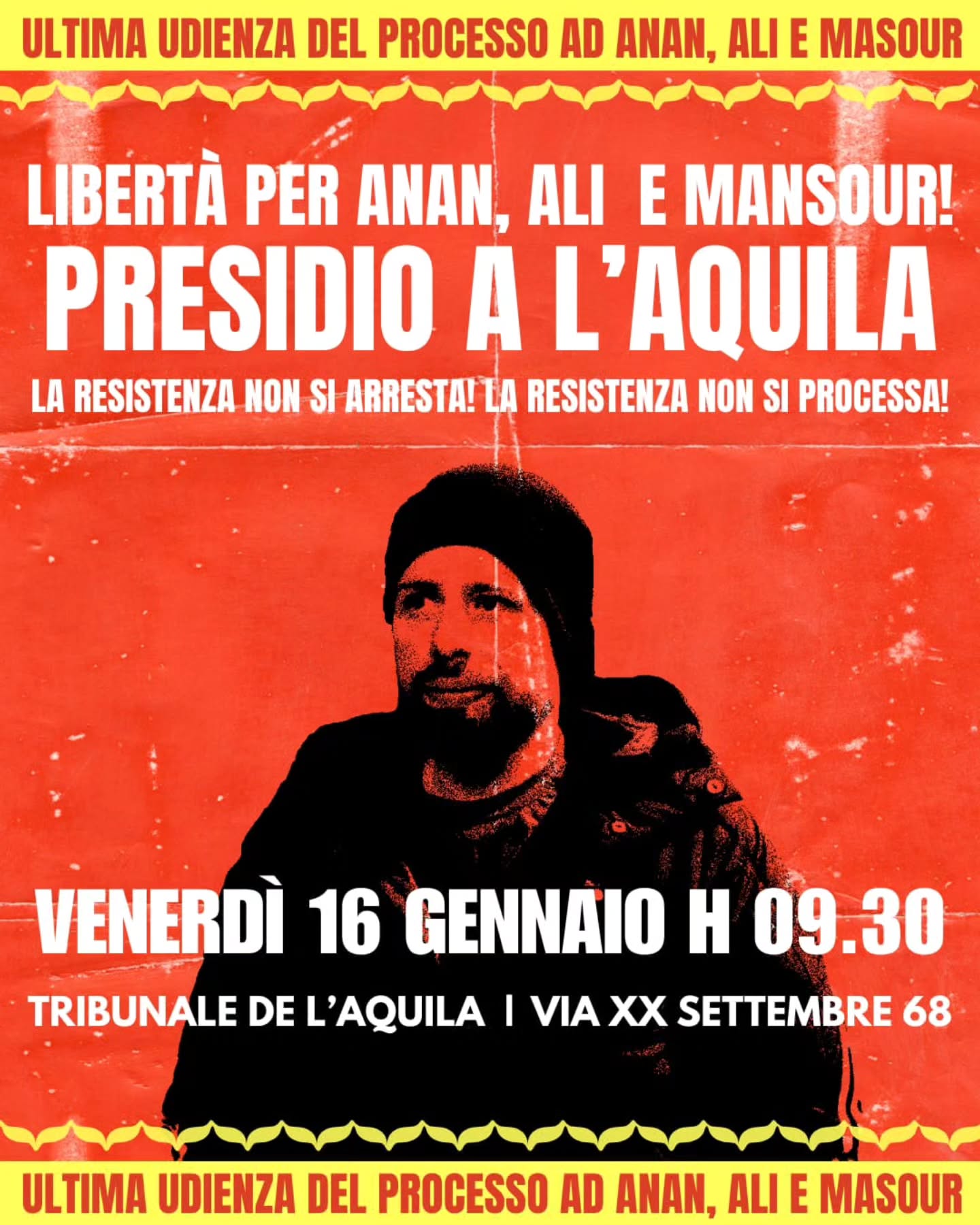
- L’Aquila: Gather at 9:30 am on Friday, 16 January outside the Tribunale Dell’Aquila, Via XX Settembre, 68
- Bergamo: Gather at 5 pm (17h) on Friday, 16 January in Porta Nuova (Piazza Gaza)
- Pisa: Gather at 11:30 am, Friday, 16 January, Piazza XX Settembre
Buses are also being organized from Rome, Firenze, Bologna and Milano to support Anan, Ali and Mansour. Anan Yaeesh was actually transferred to the Melfi detention center from his previous prison, closer to Rome, after the mass general strike for Palestine in Italy — in order to deprive him of support. At the last hearing in the case, on 19 December, over 200 people attended to demand freedom for Anan, Ali and Mansour and an end to the criminalization of Palestinian resistance — leading to the sentencing being postponed to 16 January. During that hearing, Anan Yaeesh made a spontaneous statement to the judge, as follows:
If I was born in Palestine, it was not my choice. It was a gift of life.
But if I resist, it is a choice, it is my will, it is my decision. To defend our people, our land, and our children, who have been killed every day since 1948 until today by the Israelis. And this decision is the best thing I have done in my life.
It is a mistake to think that those who resist do not love life. We love life more than anyone else, but we want a life of freedom, not a life of oppression. We want a good life, free and safe for our children. That is why we give our lives for our people.
Whether you sentence me and I remain in prison, or whether I am freed, it changes nothing. I love and will always love the Italian people. Italian partisans are part of us, and we are part of them. The Italian people are rising up; I have never seen such a movement anywhere else in the world. This movement is a true tidal wave.
Thank you to the Flotilla and to all those who help the Palestinian people put an end to the genocide. They all do it for us, without ties of blood or language, simply because they share the same love for humanity and for freedom.
The Italian people are, as always, the first to resist for us.
Your Honor, Resistance is an idea, and an idea never dies. Even if we die, we remain alive in the heart of our people. We live in the hearts of all those who love freedom.
Nelson Mandela lives in our hearts.
Che Guevara lives in our hearts.
Yasser Arafat lives in our hearts.
George Habash lives in our hearts.
Jihad Shihade lives in our hearts.
Abu Shujaa lives in our hearts.
Tamer Al-Kilani lives in our hearts.
Long live Arab Palestine, Palestinian and free.
Long live the Palestinian resistance until freedom.
Long live Palestinian youth in Italy and throughout the entire world.
Freedom for all prisoners who struggle for freedom.
Freedom for our prisoners in Israeli prisons.
Freedom for our father Marwan Barghouti.
One day, a Palestinian child will raise the flag of a free Palestine!
Long live Arab, Palestinian Palestine!
Long live the resistance until freedom!
Thank you.
19/12/2025
Melfi Detention Center
Anan Yaeesh
Simultaneously, at 9 am on Friday, 16 April, the Court of Genoa will review the detention of the Palestinian 7, seized on 27 December 2025 in a series of coordinated raids and attacks. Mohammad Hannoun — president of the Associazione dei Palestinesi in Italia (API) — Ra’ed Dawoud, Yasser Elasaly, Khalil Abu Deiah, Adel Abu Rawwa, Raed Al-Salahat and Reyad Albustanji, were all seized by Italian police for their charitable work in support of Palestine, based entirely on “Israeli” allegations and the constant effort of the occupier to deprive the Palestinian people of aid and support. The targeted Palestinians have been subjected to a wide-ranging media smear campaign and stand “accused” of organizing the donation of millions of Euro to Palestinian institutions, orphans, and needy people, and are particularly targeted for including the families of martyrs and prisoners in their support.
As in the case of Anan, Ali and Mansour, the case targets Palestinian resistance and organizing; the seven are accused of membership in and supporting Hamas, the Palestinian Islamic Resistance Movement, particularly for their work in the Gaza Strip, on the basis of Zionist intelligence claims. Previously, their charitable organizations have been subjected to U.S. sanctions and coercive economic measures — equally designed to aid and abet genocide by denying aid to the targeted Palestinian population. All seven of the men have been declared “flight risks” and are being held in pretrial detention. Large demonstrations in various cities, including a mass march in Milano on 10 January, have already demanded their release.
Today, at 10 am, at Piazza Portoria, outside the Tribunal de Genova, the API is organizing a demonstration for the freedom of the targeted Palestinians and against the criminalization of the Palestinian community.
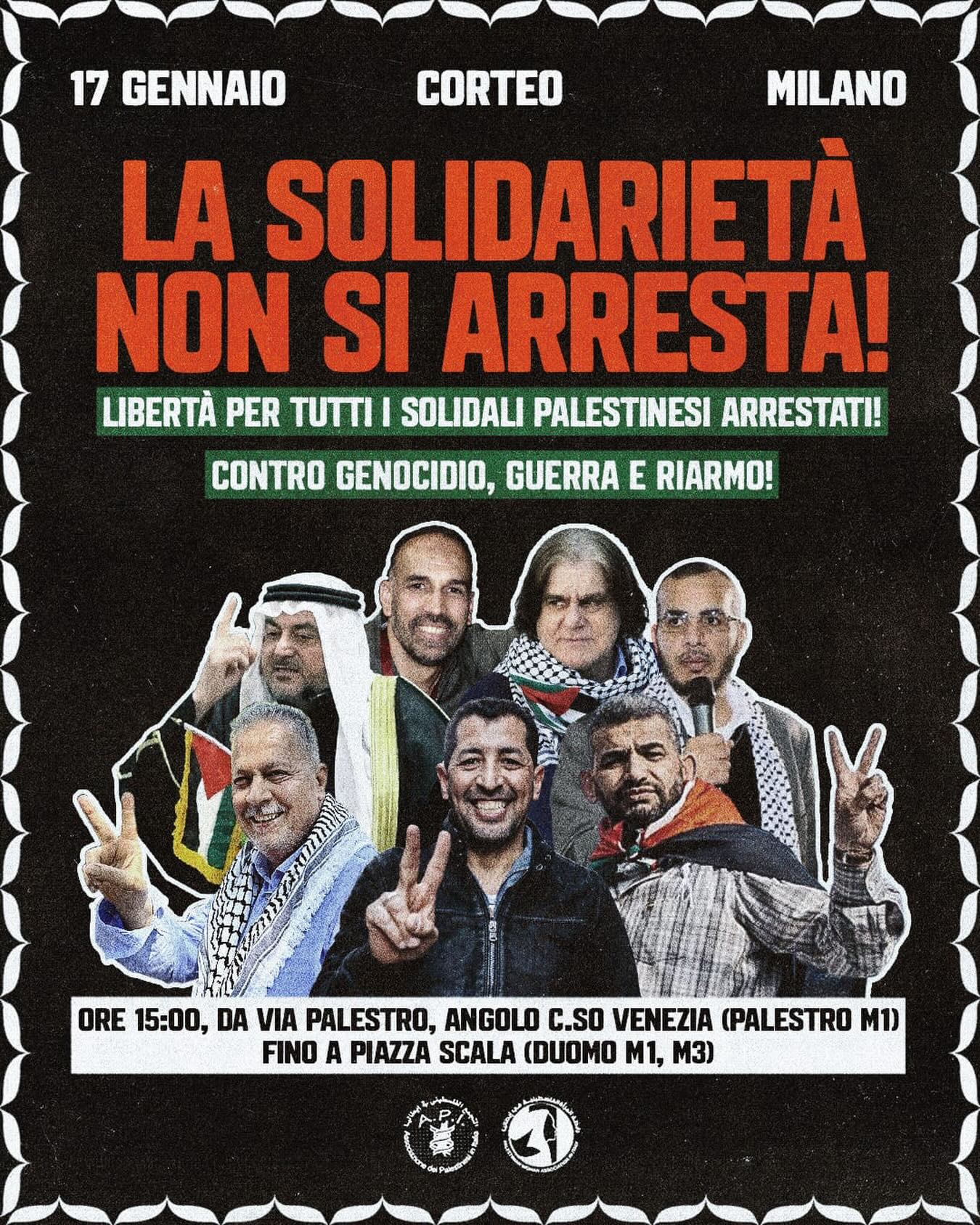 Tomorrow, on 17 January, there will be a mass gathering in Milano, at Via Palestro (Angolo C. So Venezia, Palestro M1) at 3 pm (15h), marching to Piazza Scala, in solidarity with all of the Palestinian political prisoners in Italy — Mohammad Hannoun, Ra’ed Dawoud, Yasser Elasaly, Khalil Abu Deiah, Reyad Albustanji, Adel Abu Rawwa, Raed Al-Salahat, Anan Yaeesh, Ali Irar, Mansour Doghmosh and Ahmed Salem.
Tomorrow, on 17 January, there will be a mass gathering in Milano, at Via Palestro (Angolo C. So Venezia, Palestro M1) at 3 pm (15h), marching to Piazza Scala, in solidarity with all of the Palestinian political prisoners in Italy — Mohammad Hannoun, Ra’ed Dawoud, Yasser Elasaly, Khalil Abu Deiah, Reyad Albustanji, Adel Abu Rawwa, Raed Al-Salahat, Anan Yaeesh, Ali Irar, Mansour Doghmosh and Ahmed Salem.
The defense attorneys for the Palestinian 7 issued a statement against the integration of Zionist military intelligence in the Italian courts:
MILITARY INTELLIGENCE MATERIALS CANNOT BE THE BASIS FOR CRIMINAL PROCEEDINGS
THE COURT OF JUSTICE IS NOT A BATTLEFIELD
**
The undersigned defense attorneys involved in the ongoing trial for alleged terrorism financing in Genoa consider it necessary to publicly denounce a serious distortion of the principles of the rule of law, international criminal cooperation, and fundamental guarantees of criminal proceedings, starting from the presumption of innocence, which is once again openly violated.
The ongoing judicial initiative on alleged terrorism financing does not concern criminally established conduct, but the transmission and circulation of information acquired in a war scenario, originating from a context of ongoing armed conflict and produced by foreign security agencies.
It must be clarified with absolute clarity: these are not judicial evidence, but intelligence material. Unvalidated information, not subject to judicial control, lacking the ability to be properly challenged and the minimum guarantees of reliability required in a state of law.
It is an undeniable fact that the State of Israel systematically refuses to submit to the rules of international criminal justice, even evading the jurisdiction of the International Criminal Court, even in the face of serious and documented accusations of international crimes. It is therefore legally and politically unacceptable that the same state simultaneously claims to exploit the mechanisms of international criminal cooperation to export unilateral investigative allegations, unverified and in service of an ongoing armed conflict.
No Israeli judge has ever validated the investigative hypotheses now invoked. They remain entirely the prerogative of the security services, which operate under the direct control of the executive and within a clearly warlike logic. Importing such materials into the criminal process means breaking down the essential distinction in a democracy between war and justice.
Additionally, a fact that cannot be ignored is that completely similar proceedings, initiated in the past in various Italian courts on the basis of overlapping investigative assumptions, have already been dismissed after in-depth investigations by the Italian judiciary, highlighting the absence of criminally relevant elements and the unsuitability of the transmitted information to support a charge in court.
Reproposing the same hypotheses today means persisting in an investigative logic that deliberately ignores previous judicial decisions and empties the principle of legality of its meaning.
It is particularly serious, moreover, that the presumption of innocence is systematically trampled upon through public statements and guilt-oriented media narratives, which anticipate the judgment and transform the investigation into a conviction, in open contrast with Article 27 of the Constitution, with European law, and with the principles of a fair trial.
The use of purely intelligence-based information as the basis of internal criminal proceedings represents a dangerous slide towards a criminal law of the enemy, in which categories and tools proper to war are transferred to ordinary justice, with devastating effects on fundamental rights.
Finally, we denounce the concrete risk of an indirect criminalization of an entire community, targeted not for criminally established conduct, but for cultural, religious, and solidarity-based ties with a population involved in an armed conflict.
International criminal cooperation cannot turn into a channel for legitimizing intelligence narratives produced by a warring party, nor be bent to political or military purposes. In the absence of effective, independent, and transparent judicial control over the origin and reliability of the information transmitted, any use of it in criminal proceedings is legally fragile and democratically dangerous.
The defense team will continue to oppose this drift in every forum, reiterating that justice cannot be selective, asymmetric, or subordinated to the logic of conflict, and that criminal law is not — nor should it become — a weapon of war.
The Defenders
• Nicola Canestrini
• Fausto Gianelli
• Elisa Marino
• Gilberto Pagani
• Pier Poli
• Marina Prosperi
• Nabil Ryah
• Dario Rossi
• Flavio Rossi Albertini
• Giuseppe Sambataro
• Fabio Sommovigo
• Emanuele Tambuscio
• Gianluca Vitale
• Samuele Zucchini
Four days later, on 20 January, Ahmad Salem, a 24-year-old Palestinian refugee born in the Baddawi refugee camp in Lebanon, will face a hearing at 12 noon at the Campobasso court. After he applied for asylum, his phone was seized and he is accused of engaging in “terrorist propaganda” on the basis of making a video calling for people to organize and act against the ongoing genocide in Gaza and throughout occupied Palestine. He has now been imprisoned for 10 months. Outside the Campobasso court, the 4 September movement is organizing a solidarity demonstration at 12 pm on Tuesday, 20 January, to demand Ahmad’s freedom.
**
Samidoun Palestinian Prisoner Solidarity Network reiterates our solidarity with and call for the immediate release of all of the imprisoned and targeted Palestinians and fellow activists, an end to the persecution of Palestinians and Palestine solidarity organizers, and full recognition of the legitimacy of Palestinian resistance:
Samidoun Palestinian Prisoner Solidarity Network demands the immediate release of Mohammed Hannoun, Raed Dawoud, Yasser el-Assaly, Anan Yaeesh, Ali Irar, Mansour Doghmosh and Ahmed Salem and the return of the funds of the targeted organizations, as well as a full end to Italian support, complicity, trade and military commerce with the Zionist regime. This is a moment when independent, community-based support for the Palestinian people, especially in Gaza, is more urgent than ever, as the Zionist regime, with full U.S. and European imperialist support, is aiming to accomplish what it could not through its genocidal bombs through siege, starvation, the continued closure of the Rafah crossing, and the denial of fundamental needs. The work of these organizations is most desperately needed now — and this is precisely why they have been targeted.
As we noted at the time of Samidoun’s designation:
“Like the Zionist entity fears the Palestinian resistance, so do the imperialist powers fear the Palestinian diaspora and their supporters that have been rising up again and again, especially since the start of operation Al-Aqsa Flood and the Zionist genocide. They fear a strong, popular movement that threatens their economic and political interests in Palestine and the region.”
Once again, the imperialist powers are making clear that they are more than willing to carry out intense repression, criminalization and imprisonment in order to aid and abet genocide. We urge the movement for Palestine — in Italy, throughout Europe, and internationally — to rally around all of the targeted individuals and organizations, and to not allow the tactics of state terror and fear to divide us.
Further, it is long past time for all Palestinian, Lebanese and regional resistance organizations — let alone charitable, community, activist and humanitarian initiatives — to be removed from so-called “terrorist lists” — in Italy, in Europe, in the U.S. and around the world. The Palestinian people, and all occupied peoples, have the right to resist their occupation, to defend themselves, to liberate their land, and to organize to achieve those goals.
For the solidarity movement’s work to be meaningful and effective, it must act to support the Palestinian Resistance organizations — and, indeed, to coordinate with them on the broadest possible level. We must redouble our efforts to escalate our resistance and globalize the intifada in the streets of the cities of the world, for the freedom of all of our prisoners in Zionist and imperialist jails, and for the freedom of Palestine, from the river to the sea.






 Tomorrow, on 17 January, there will be a mass gathering in Milano, at Via Palestro (Angolo C. So Venezia, Palestro M1) at 3 pm (15h), marching to Piazza Scala, in solidarity with all of the Palestinian political prisoners in Italy — Mohammad Hannoun, Ra’ed Dawoud, Yasser Elasaly, Khalil Abu Deiah, Reyad Albustanji, Adel Abu Rawwa, Raed Al-Salahat, Anan Yaeesh, Ali Irar, Mansour Doghmosh and Ahmed Salem.
Tomorrow, on 17 January, there will be a mass gathering in Milano, at Via Palestro (Angolo C. So Venezia, Palestro M1) at 3 pm (15h), marching to Piazza Scala, in solidarity with all of the Palestinian political prisoners in Italy — Mohammad Hannoun, Ra’ed Dawoud, Yasser Elasaly, Khalil Abu Deiah, Reyad Albustanji, Adel Abu Rawwa, Raed Al-Salahat, Anan Yaeesh, Ali Irar, Mansour Doghmosh and Ahmed Salem.
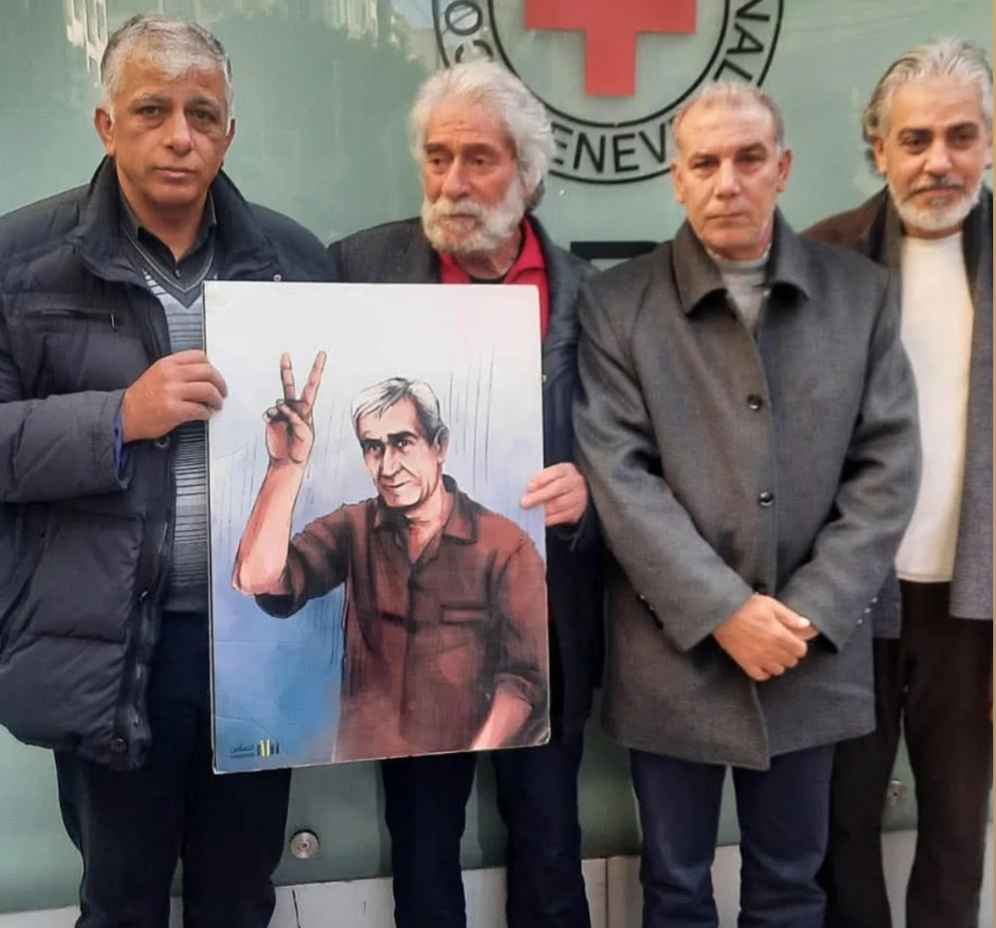


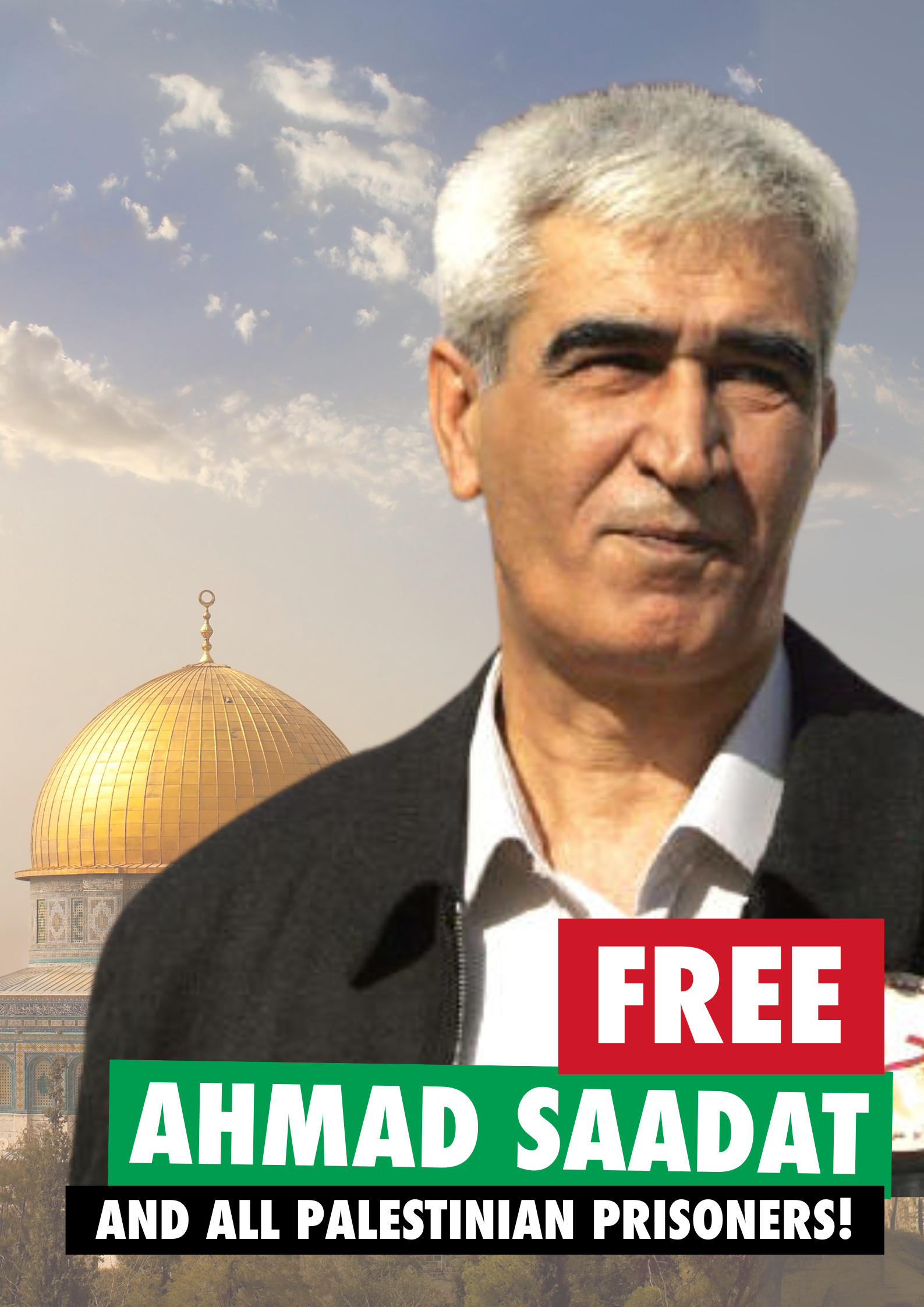
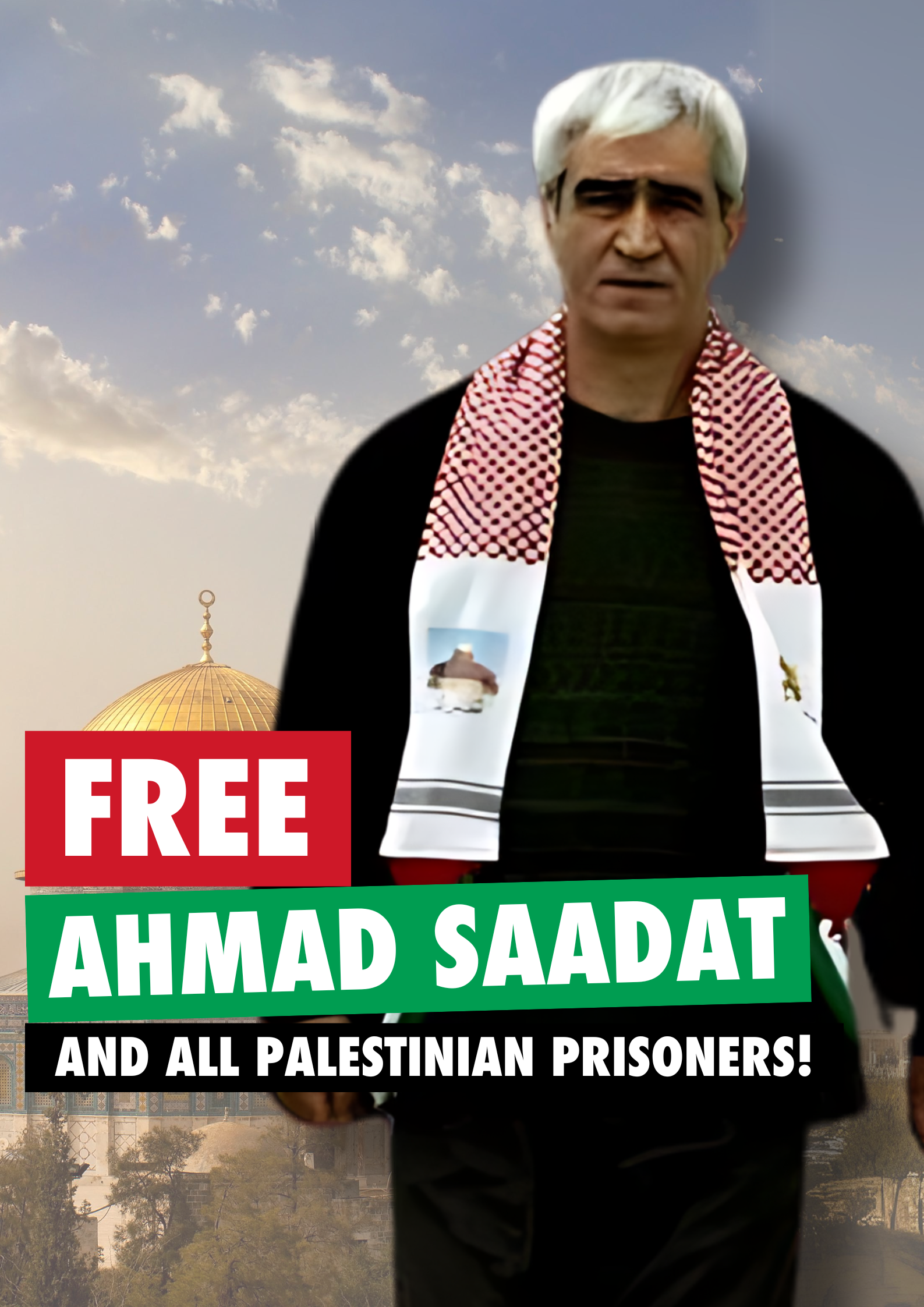


 English:
English: 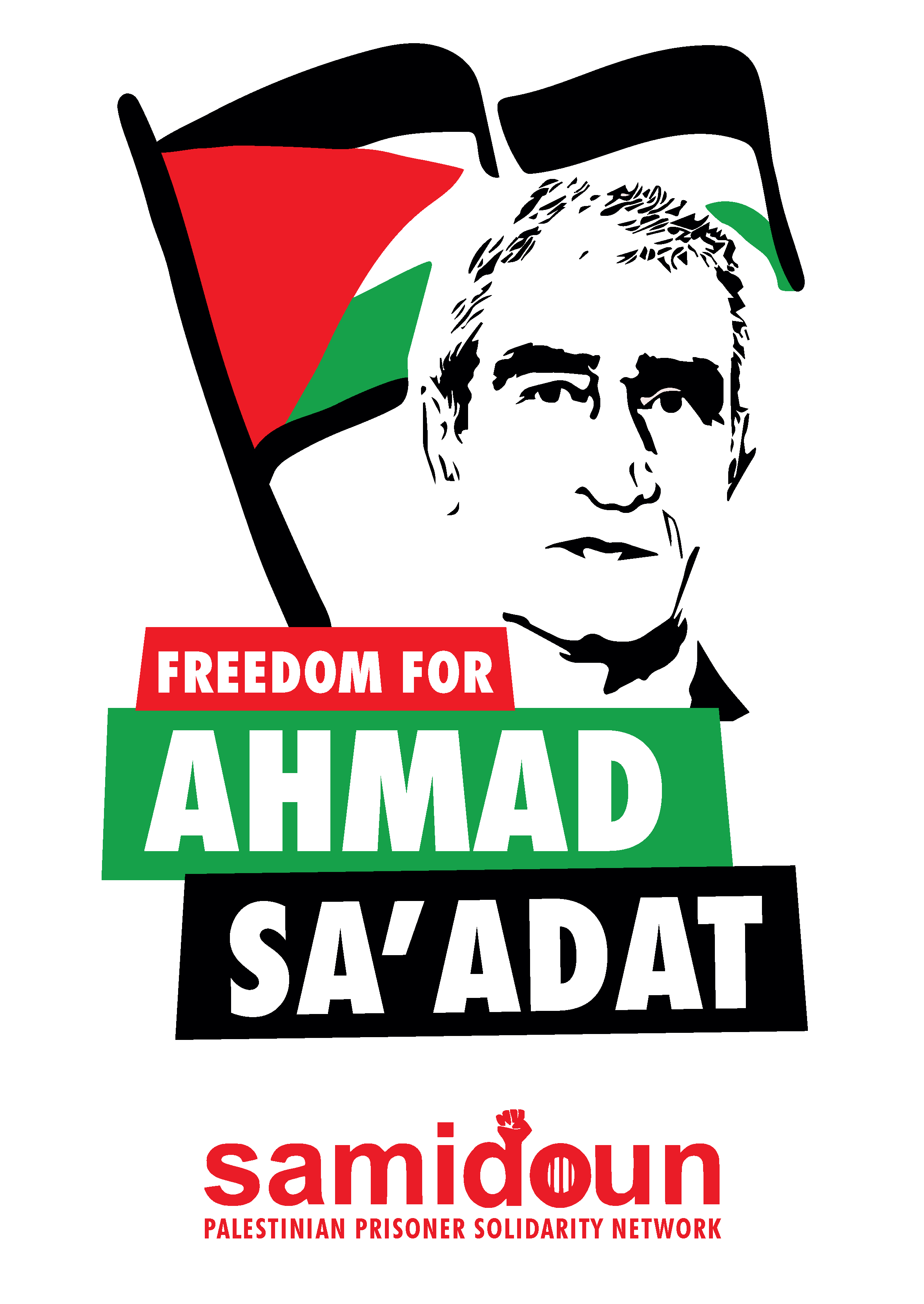

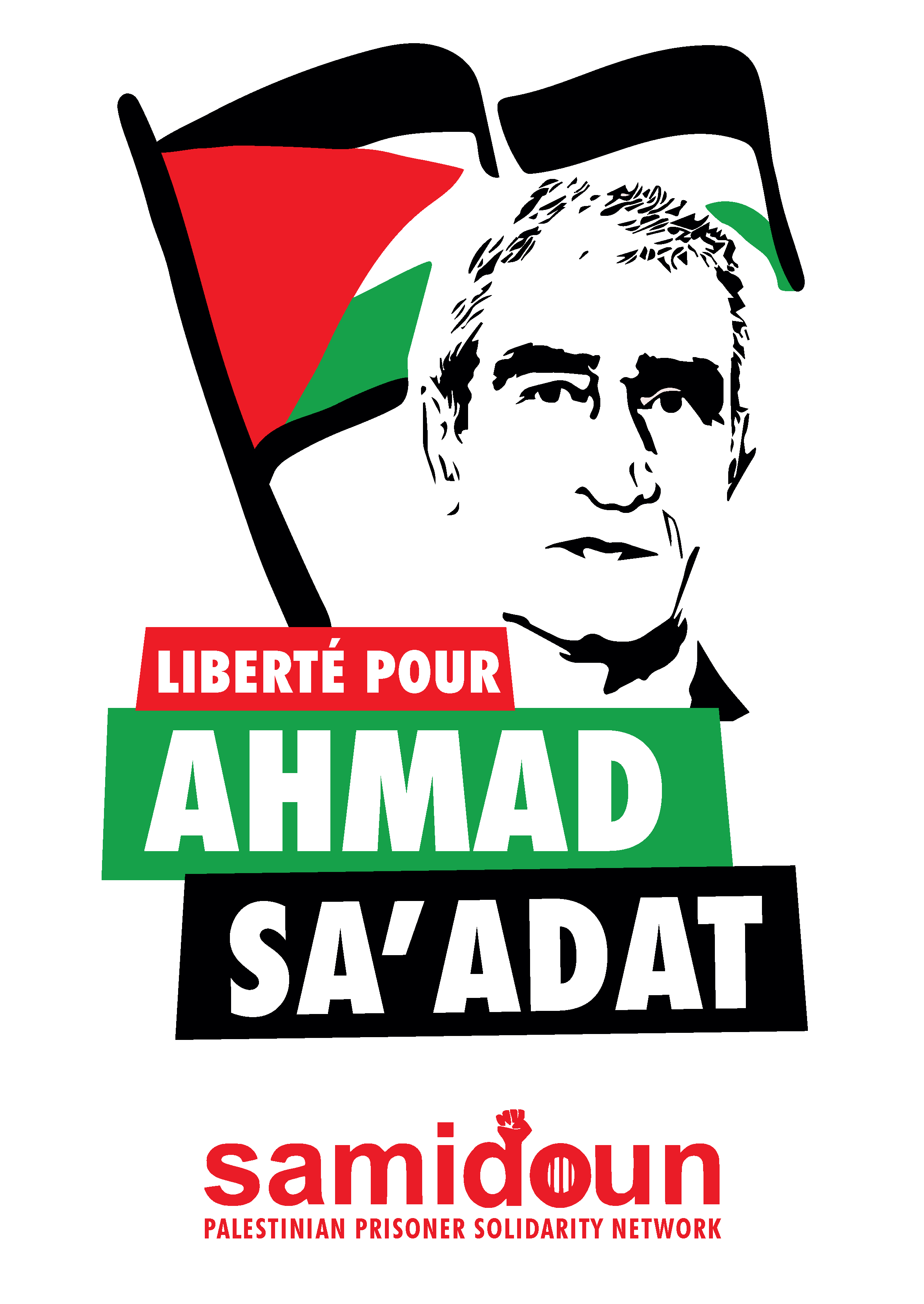

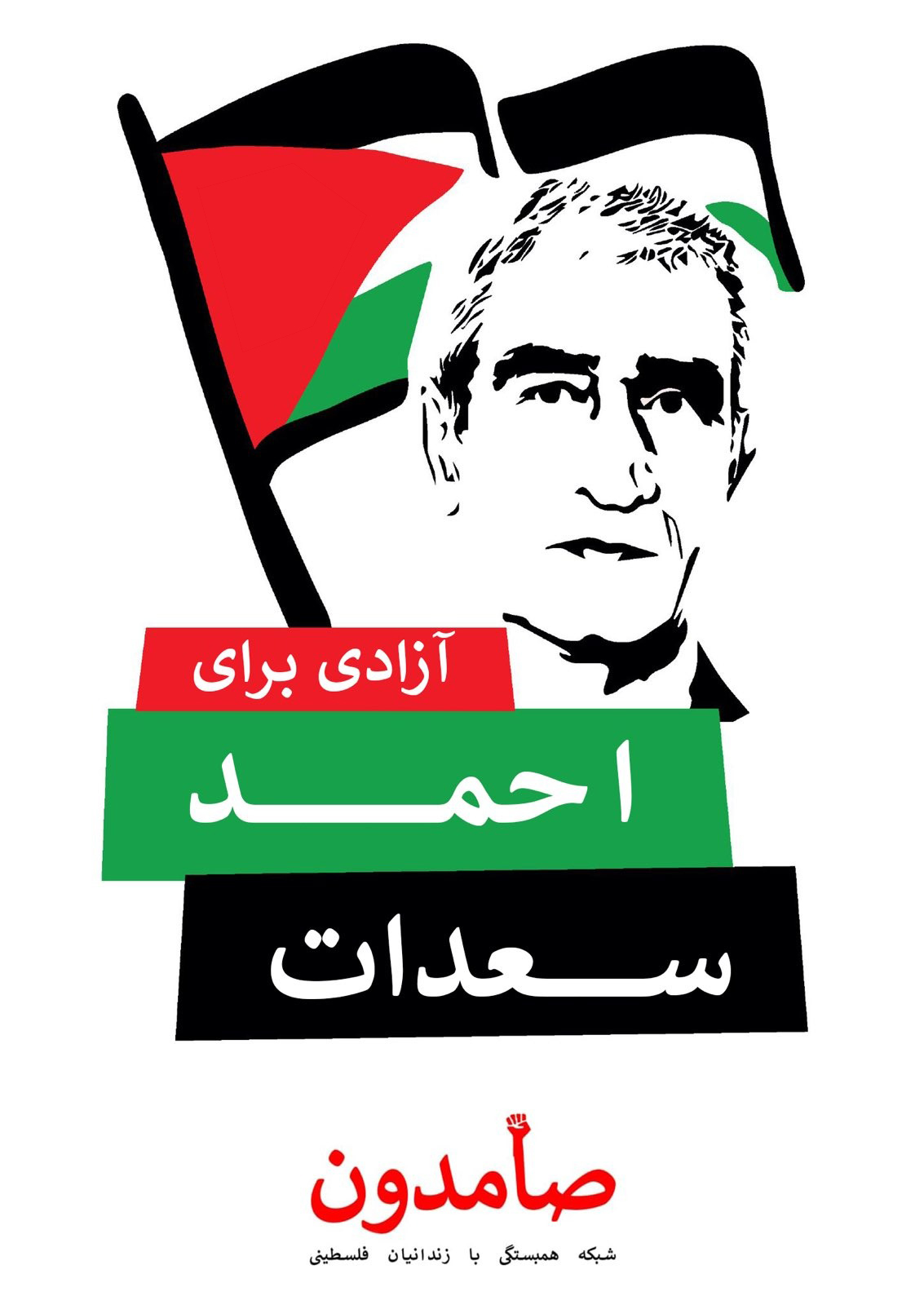
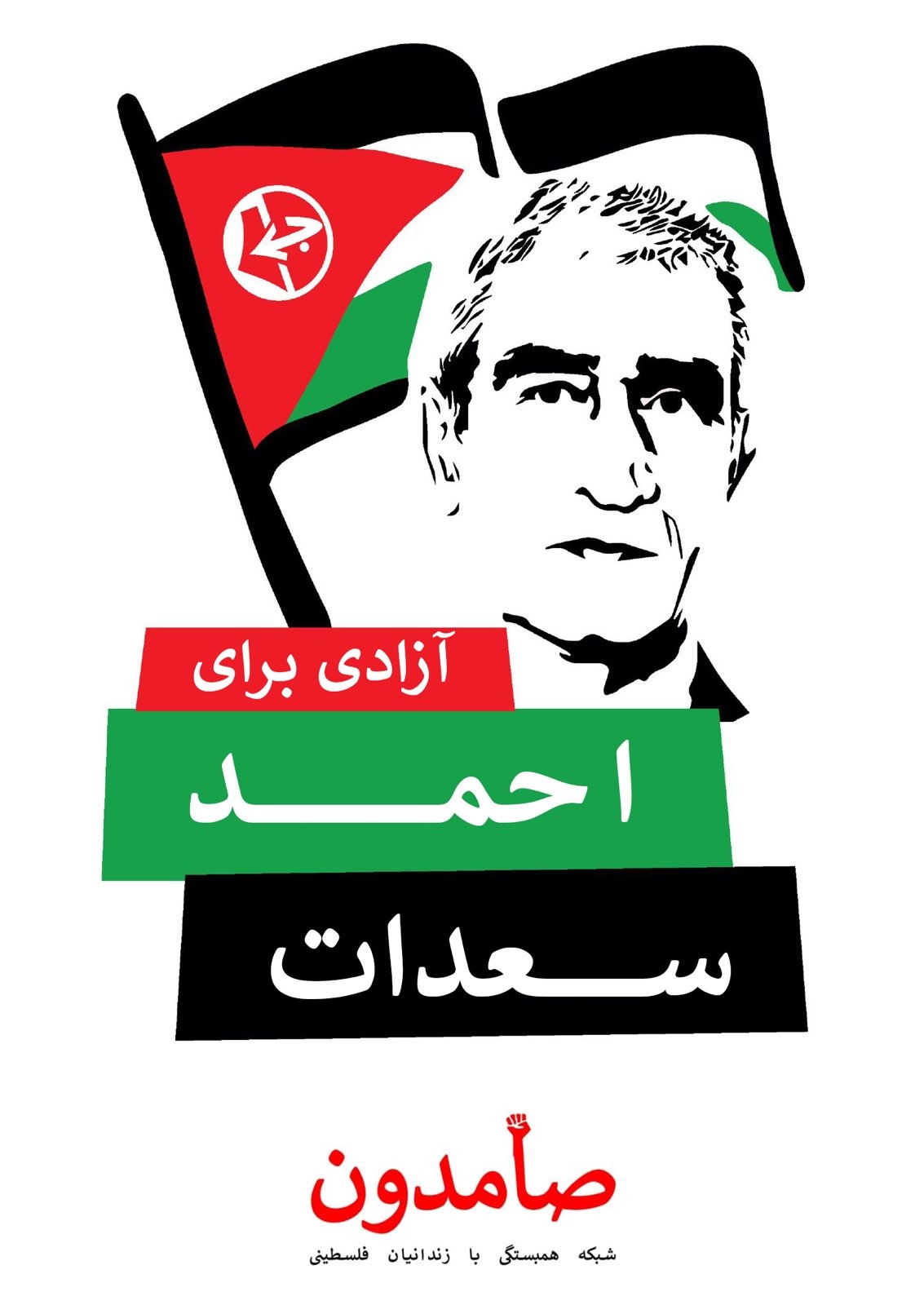
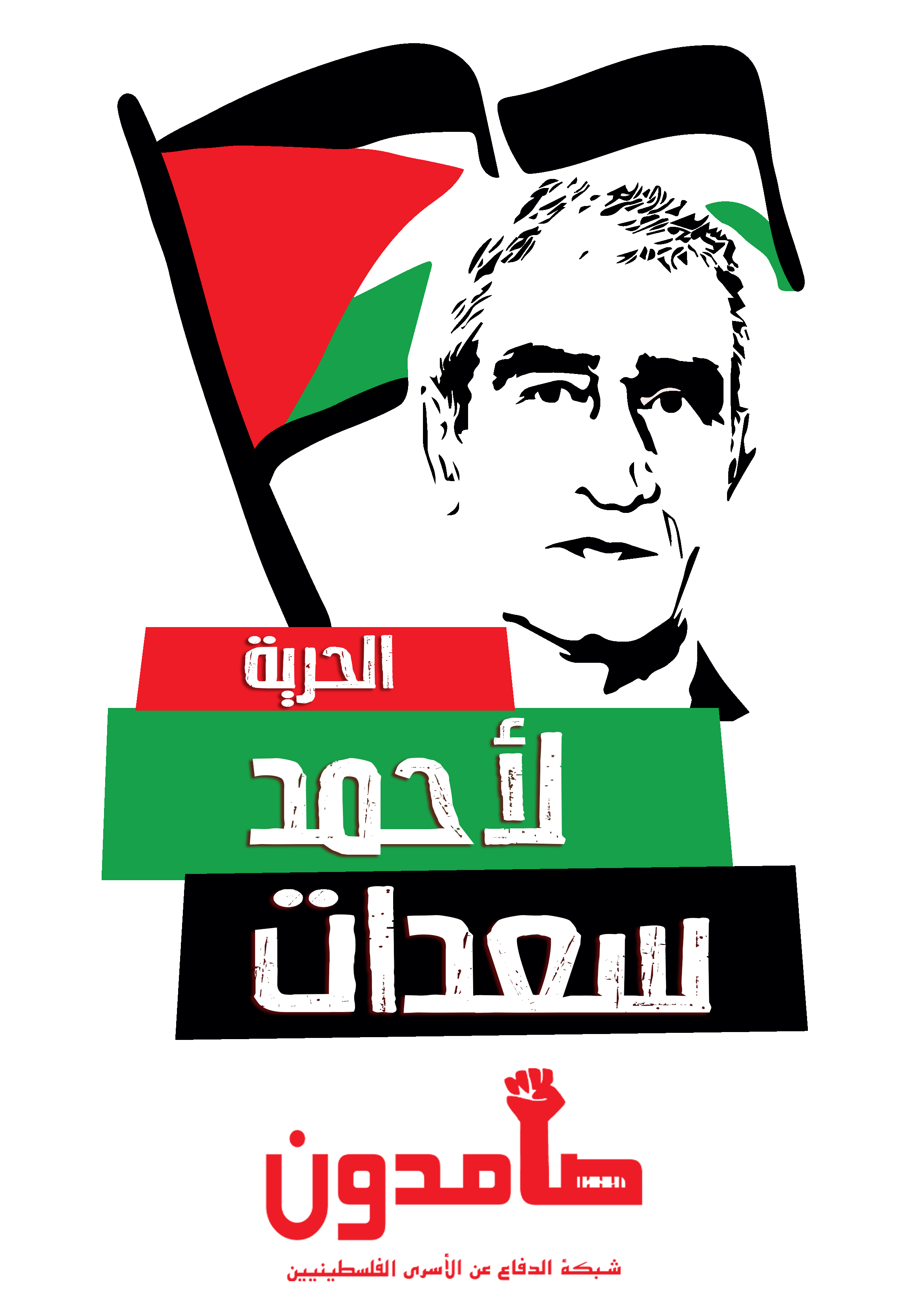
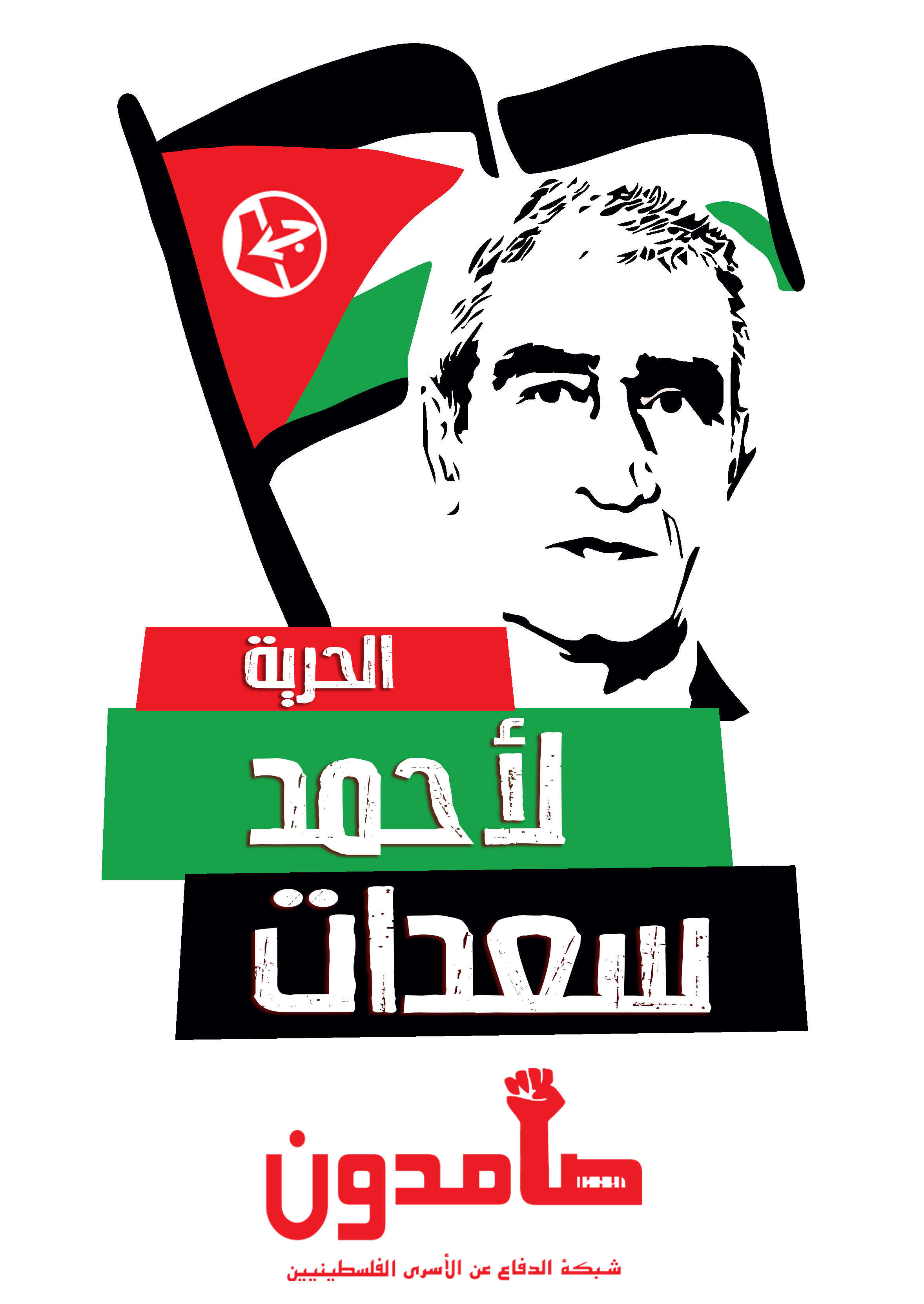
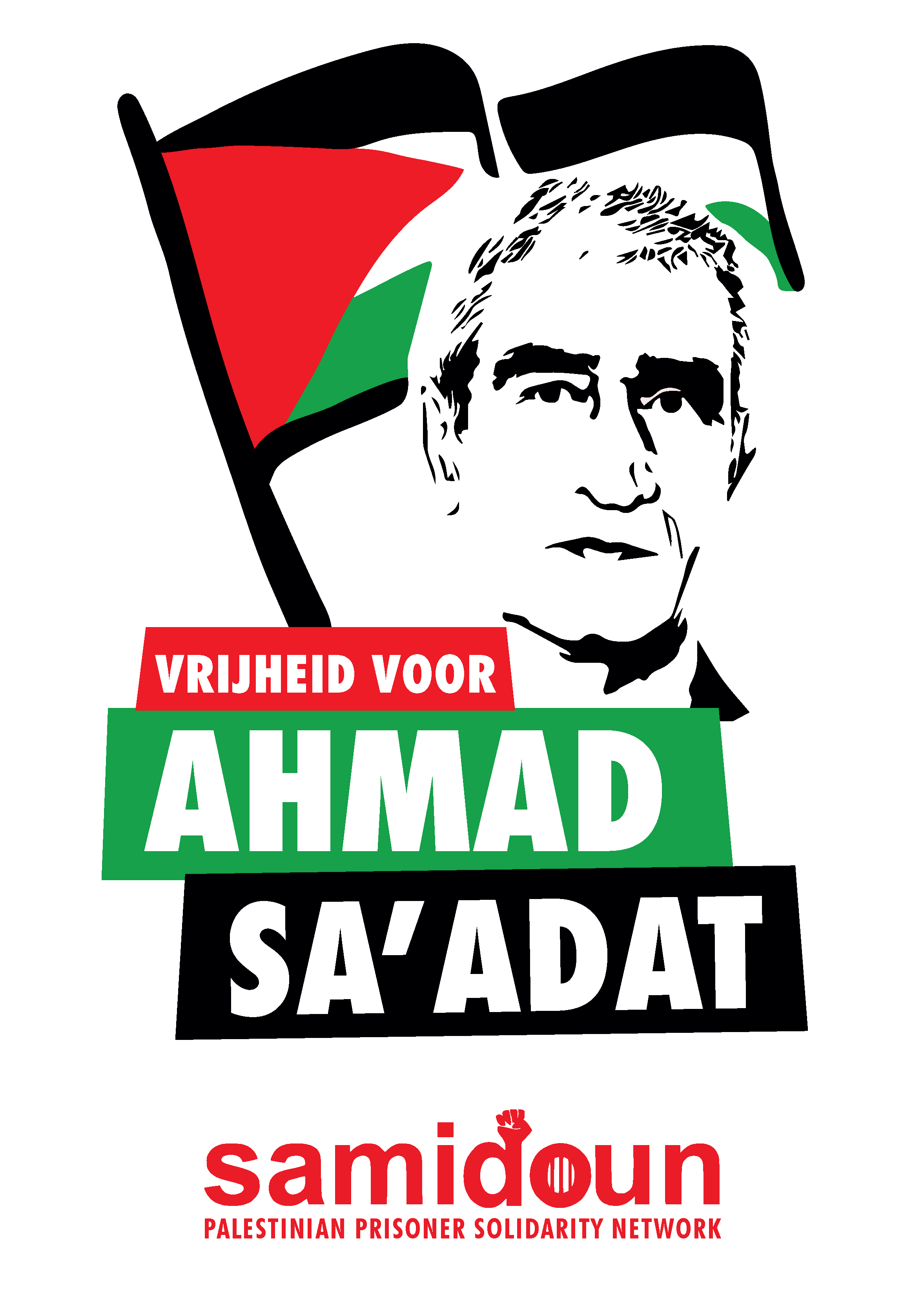

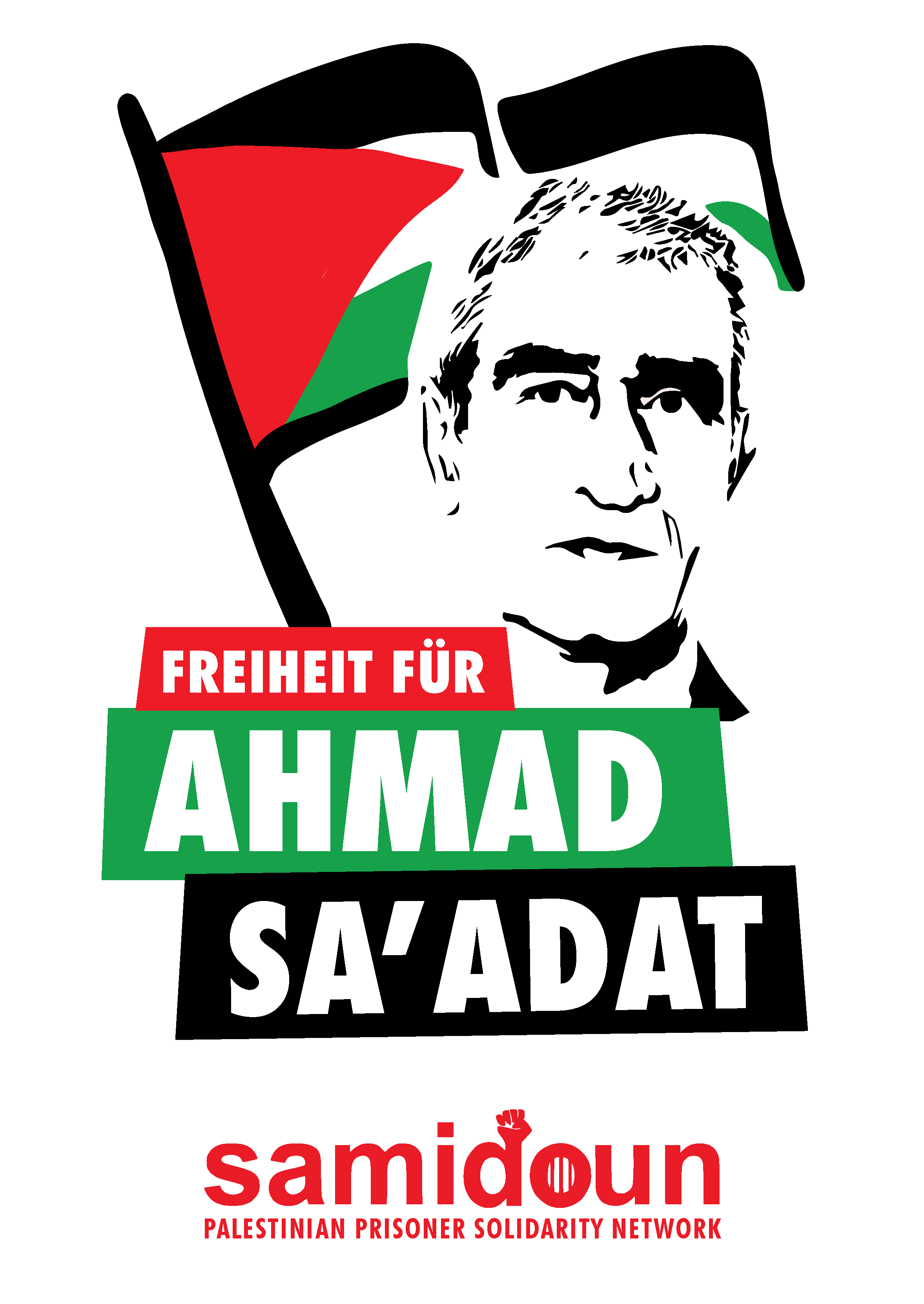

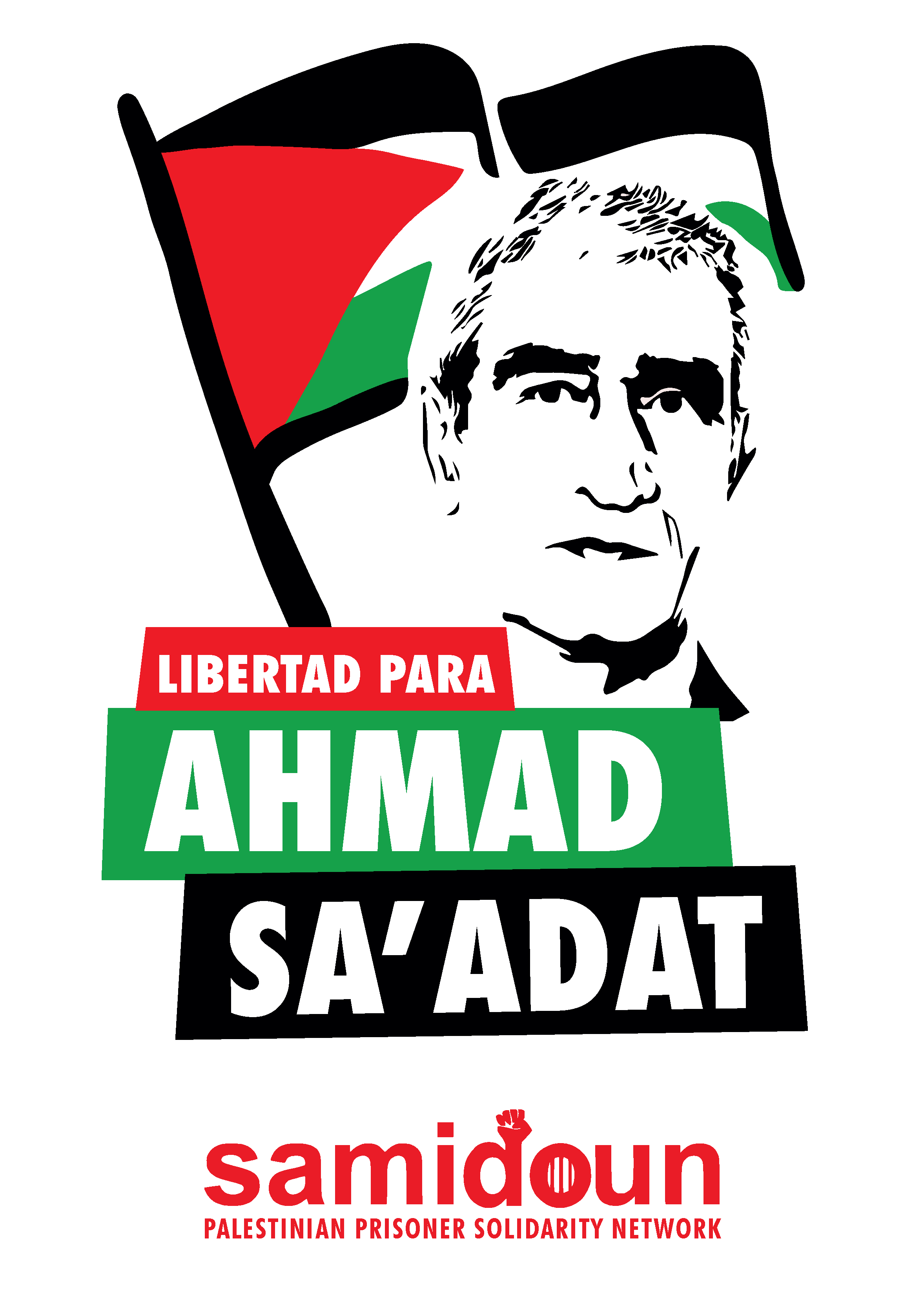

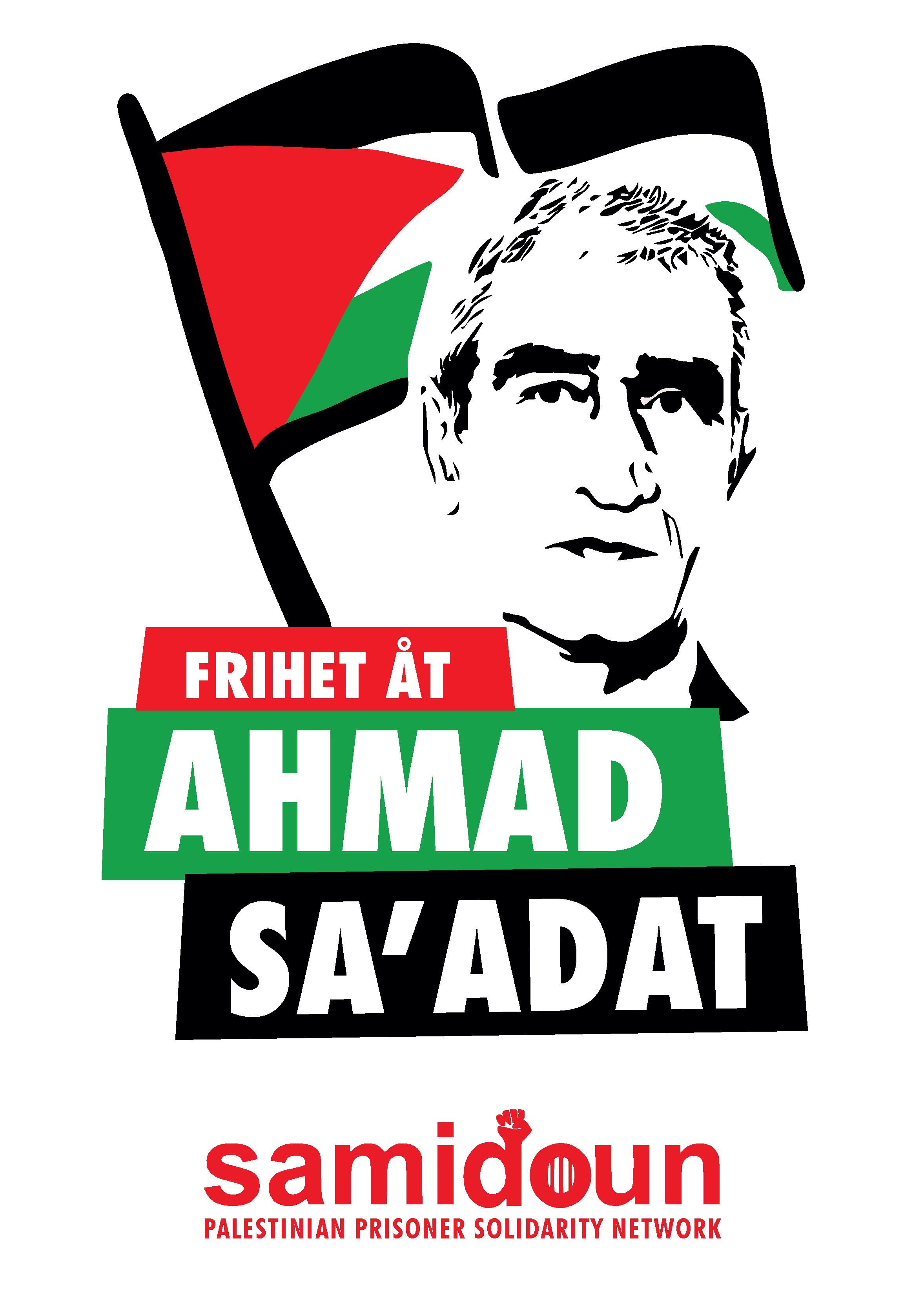



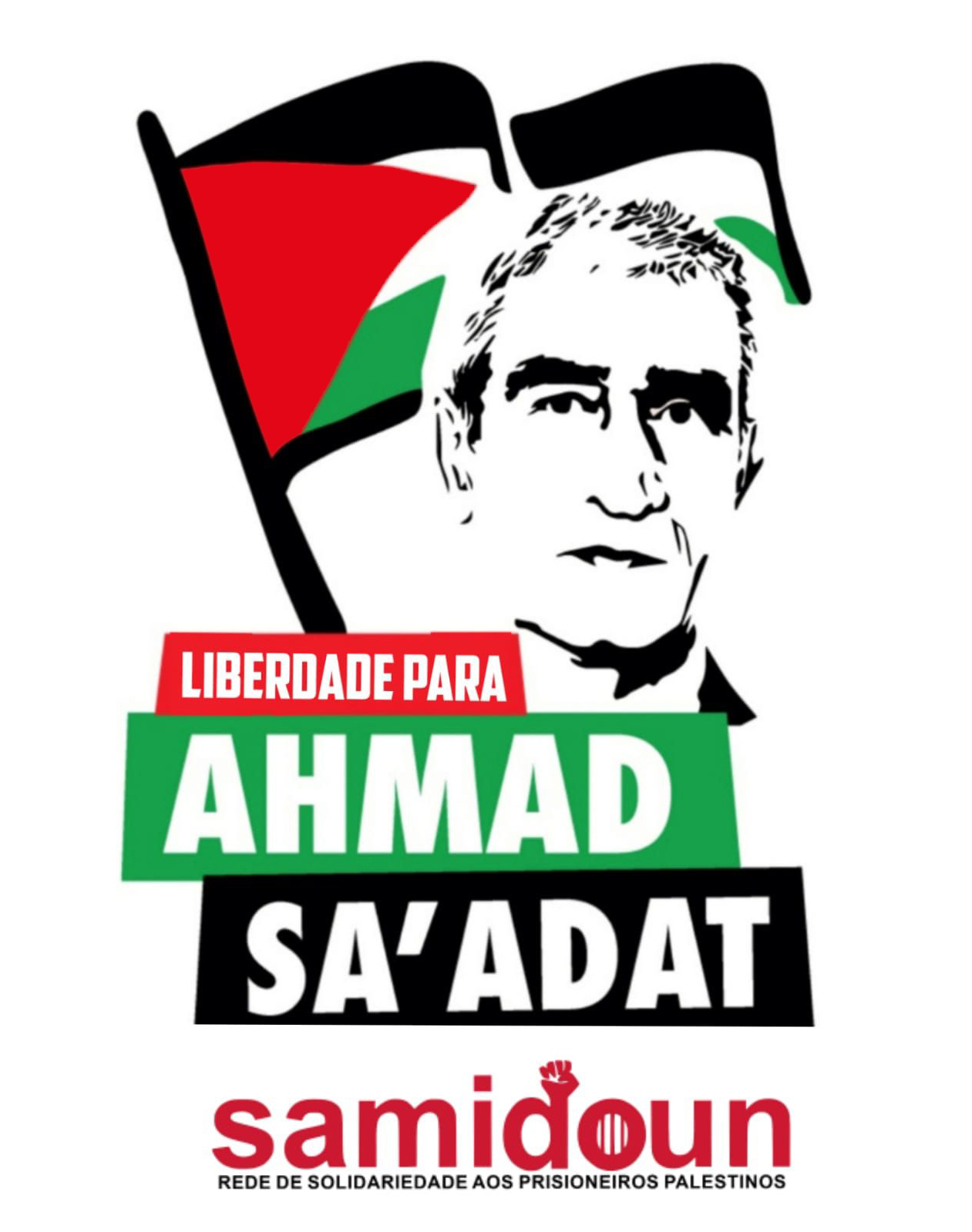

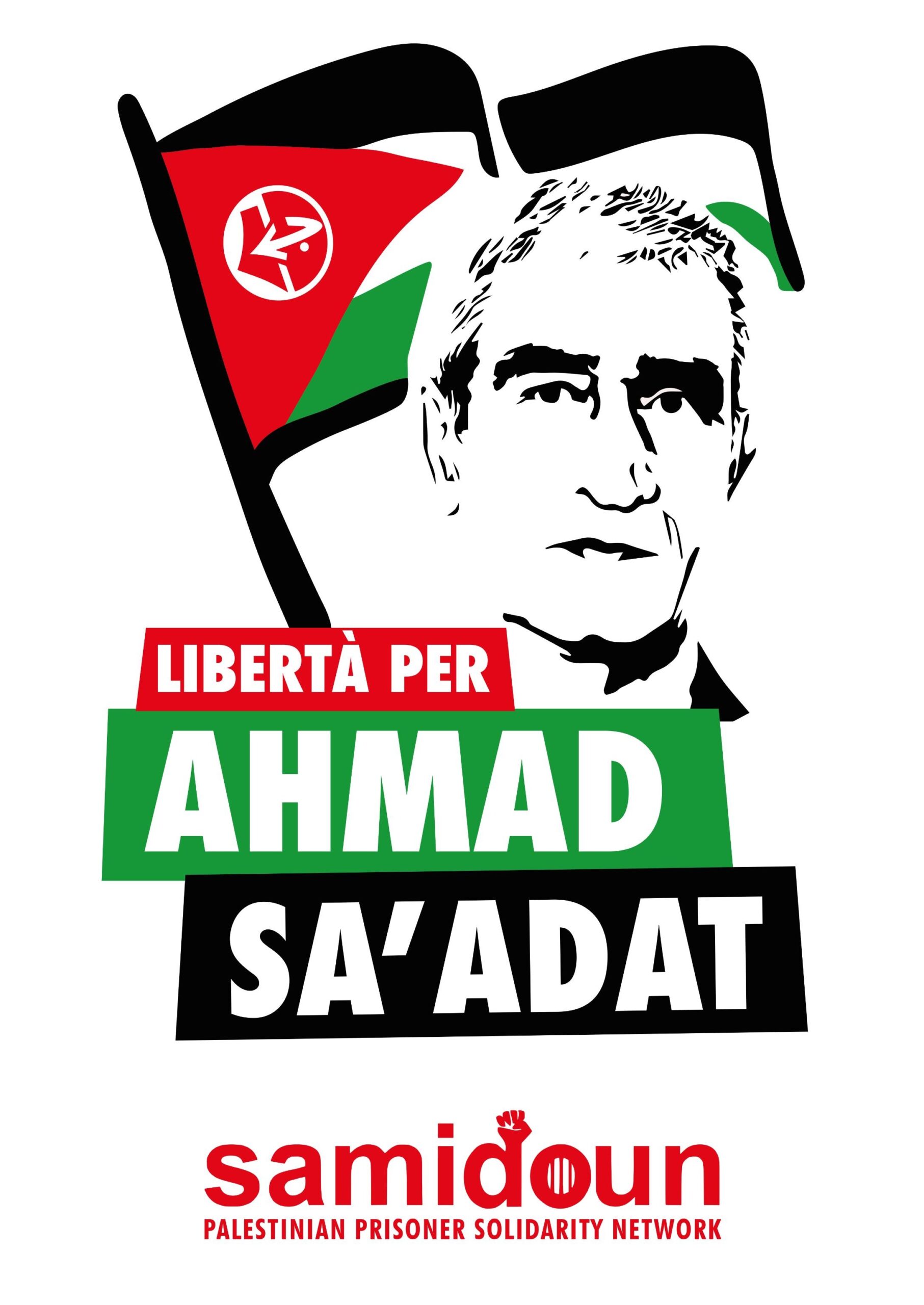
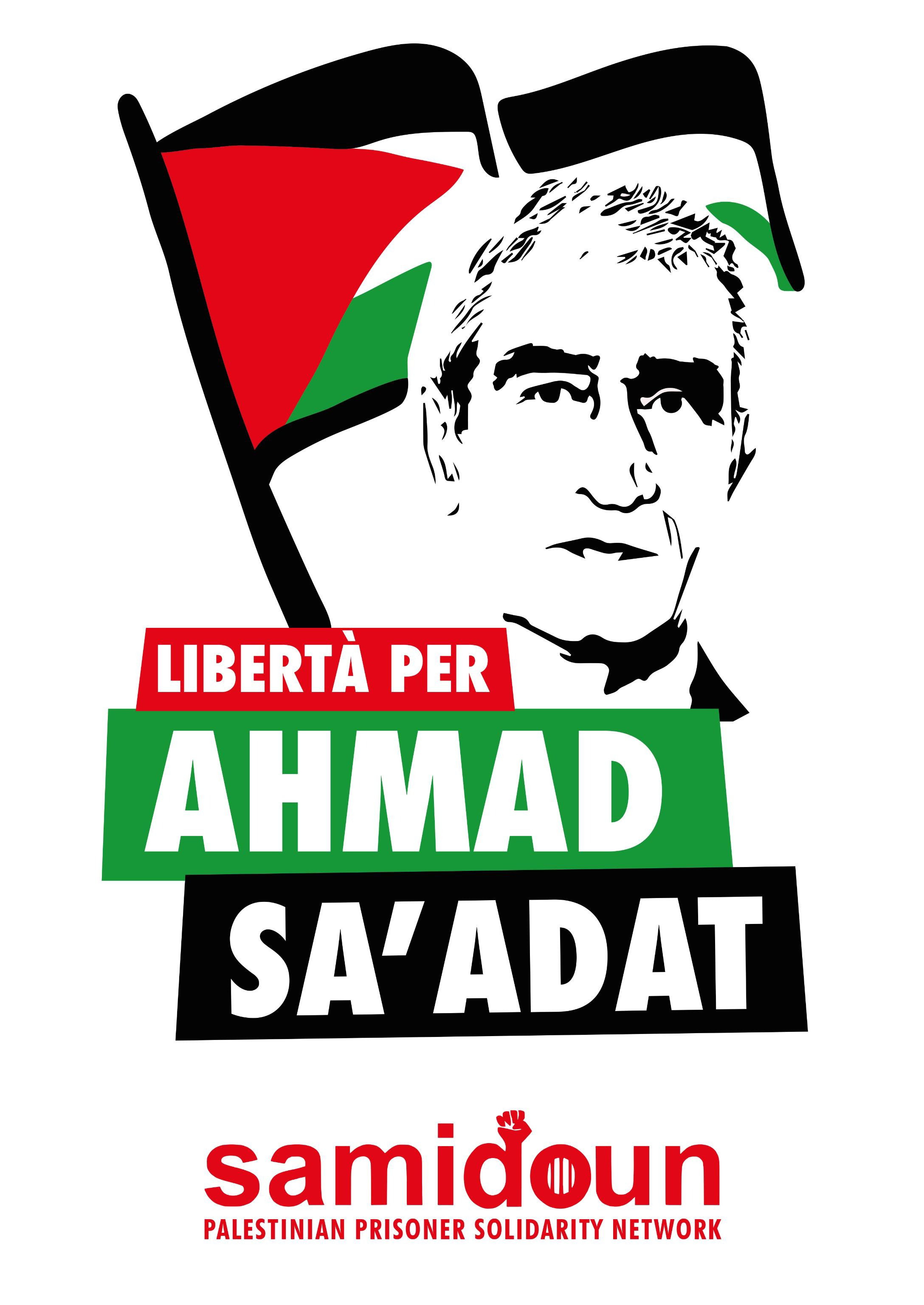

 At the same time,
At the same time, 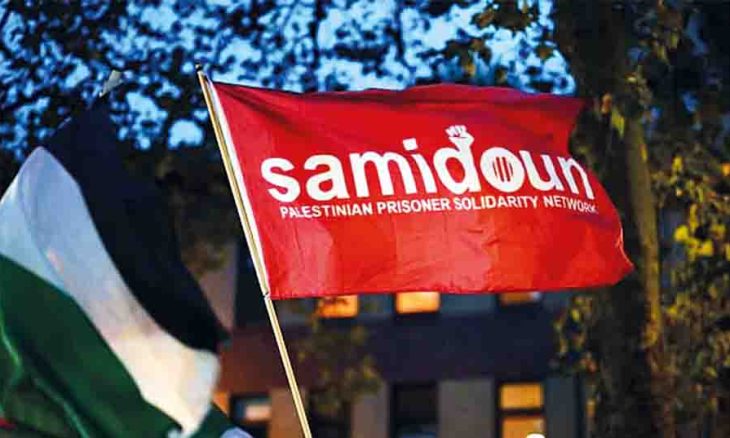
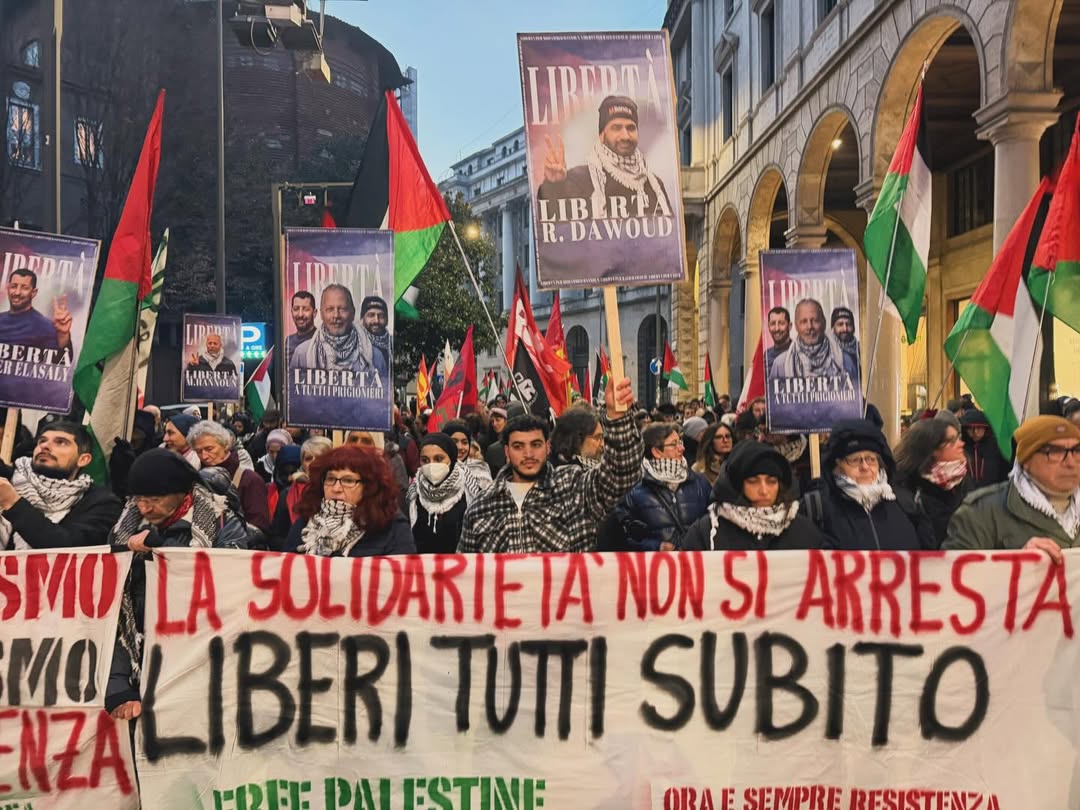
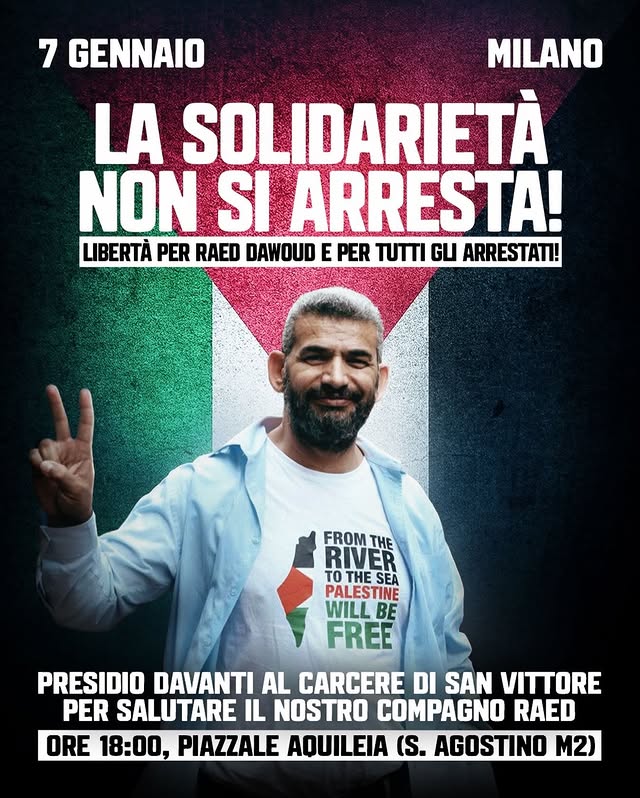
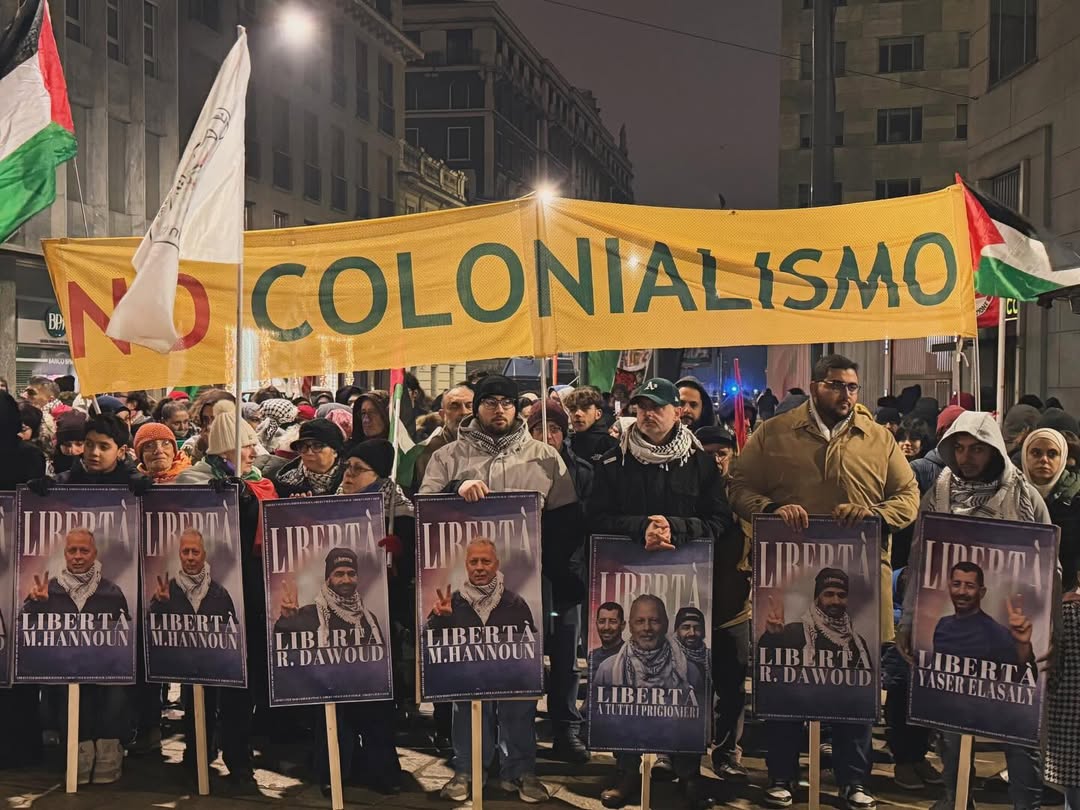
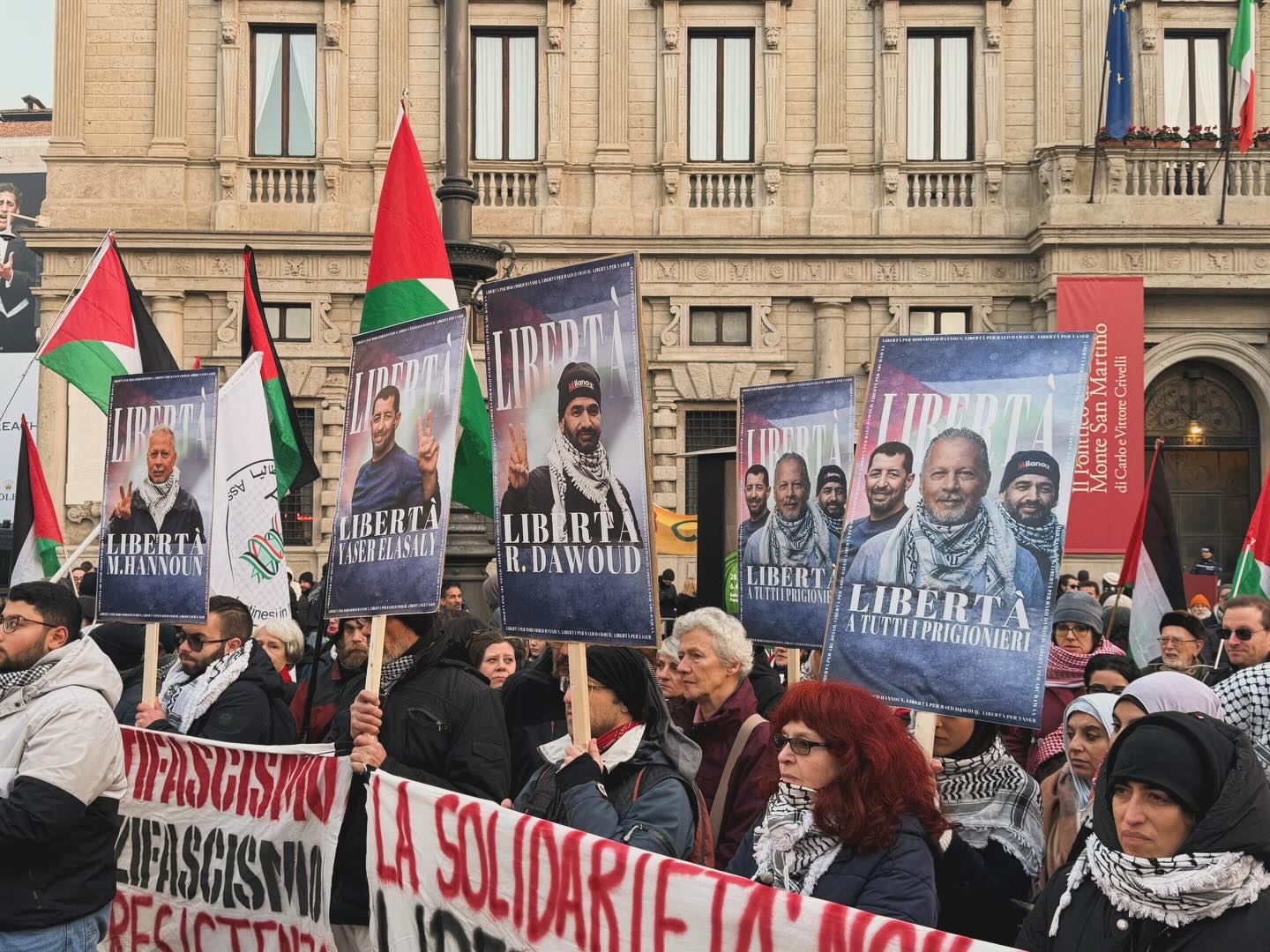
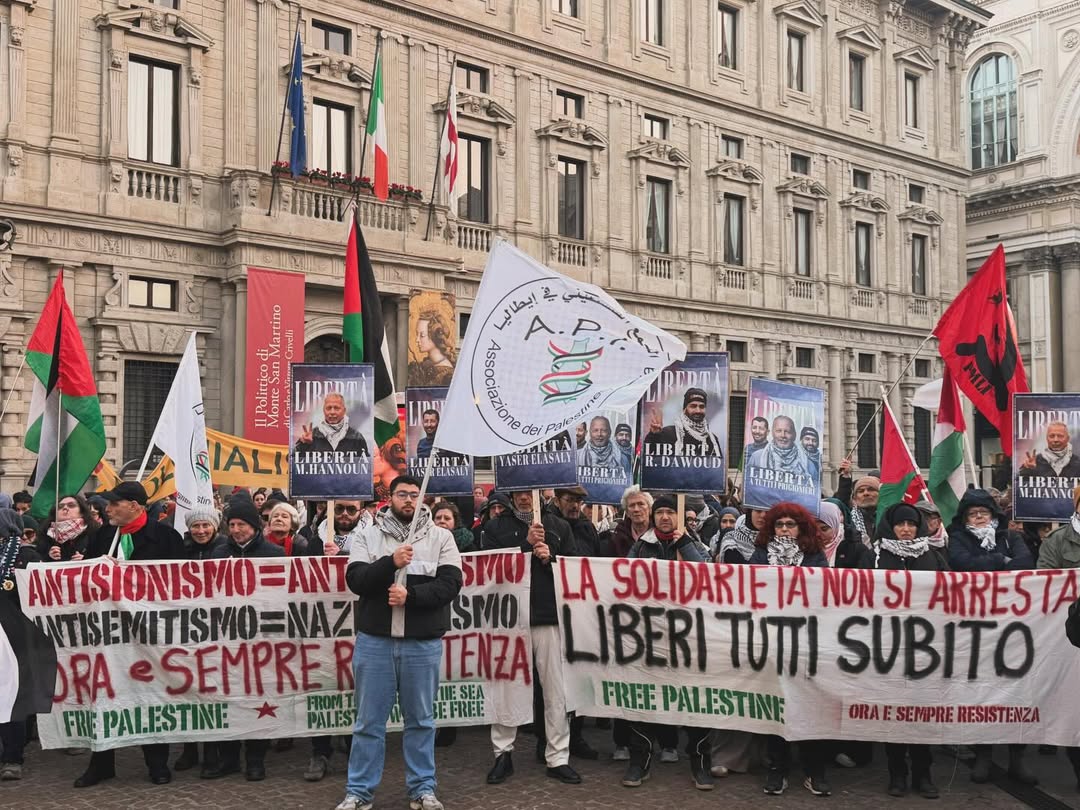 Further, it is clear that the Palestinian Authority has been instrumentalized to advance the persecution of Palestinians in the diaspora as well as those in occupied Palestine. Italian prime minister Giorgia Meloni practically presaged the campaign of arrests just a week before at the conference of her far-right Brothers of Italy party, where she attacked the API and the Palestinian Youth of Italy (Giovani Palestinesi Italia, GPI) for speaking out against her meeting with PA president Mahmoud Abbas, Abu Mazen. Right-wing media have repeatedly spread reports that Hannoun and the targeted associations were “investigated by the PA” in an attempt to legitimize the prosecution, and at the same time that the PA is cutting all funds to the families of martyrs and prisoners, the Italian prosecutors declared that funding the families of martyrs and prisoners amounts to “supporting terrorism” — when, in reality, it is supporting the victims of terror.
Further, it is clear that the Palestinian Authority has been instrumentalized to advance the persecution of Palestinians in the diaspora as well as those in occupied Palestine. Italian prime minister Giorgia Meloni practically presaged the campaign of arrests just a week before at the conference of her far-right Brothers of Italy party, where she attacked the API and the Palestinian Youth of Italy (Giovani Palestinesi Italia, GPI) for speaking out against her meeting with PA president Mahmoud Abbas, Abu Mazen. Right-wing media have repeatedly spread reports that Hannoun and the targeted associations were “investigated by the PA” in an attempt to legitimize the prosecution, and at the same time that the PA is cutting all funds to the families of martyrs and prisoners, the Italian prosecutors declared that funding the families of martyrs and prisoners amounts to “supporting terrorism” — when, in reality, it is supporting the victims of terror.